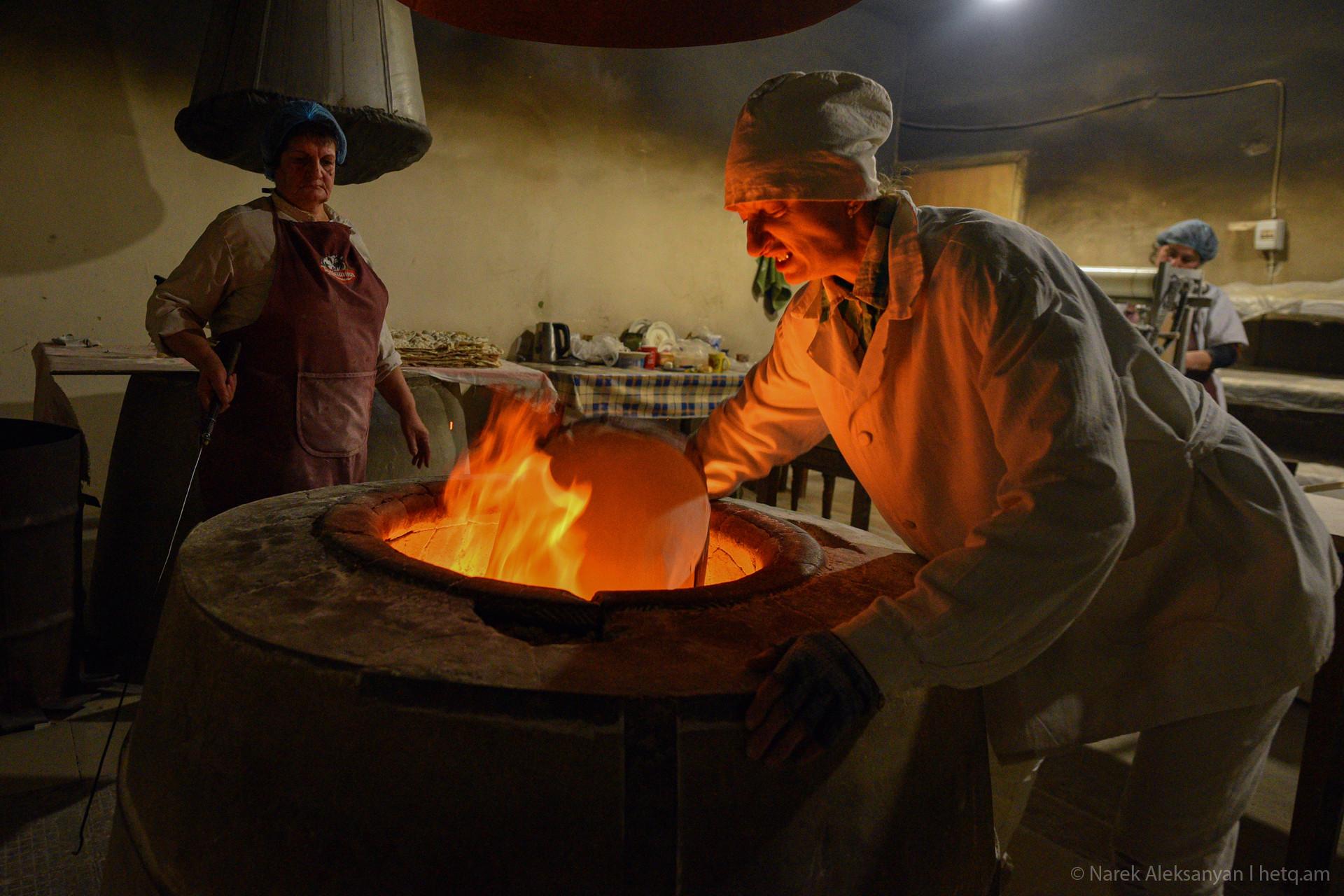
Women Bread Makers: Tzav Bakery Supplies Eight Villages Cut Off from the Rest of Armenia
The bakery in Tzav, a village in Armenia’s southern Syunik Province, provides lavash (an Armenian flatbread) and other breads to eight neighboring villages.
After Azerbaijani troops occupied the Kapan-Tchakaten road in November 2021, the villages of Tzav, Nerkin Hand, Shikahogh, Srashen, Tchakaten and Shishkert, were virtually cut off from the rest of the country. An alternate route was opened later, but it’s nearly impassable in the winter and is still being improved.
The Tzav village bakery, which previously served the cities of Kapan and Kajaran, now provides bread to these six villages.
The bakery works daily. The lavash, baked in a wood-fired tonir (a cylindrical clay oven), is known in the region for its freshness and flavor.
Arsen Aghajanyan, who moved to Russia in the 1990s, returned to his native Tzav and founded the bakery in April 2016.
"I used to teach people, now I give them bread," says Mr. Aghajanyan. Before moving to Russia, he taught biology at the village school and served as its director.
Melanya is the chief baker. She now teaches the complicated craft of slapping the dough in the hot tonir to the new workers. Throughout the 2020 Karabakh war, Melanya and the others continued to bake bread. She doesn't talk much about herself, but talks about her three sons who served as guards in the village.
Parzanush, called Parzik for short, came to Tzav 32 years ago and stayed. She’s seen here feeding the dough balls through a rolling pin.
Knar is known as a fast worker. Our camera had a hard time capturing the movements of this cheerful woman.
The bakery’s workday begins at 7:30pm and ends late at night.
Tamara and Lusineh bake bread in the next room.
50 to 100 loaves and matnakash (a leavened traditional Armenian bread) are baked daily.
In 2020, Knar also defended the borders of her village.
Elmira's mood differs from others. Tigran, her eldest son who serves in the army, recently came home on leave.
When asked what the border village lacks, the women say they don't need anything. They just want the government to give machine guns to the soldiers and army, just so long as the weapons work.
While it’s true that baking bread every day is tough and tedious, it’s hard not to be just a bit jealous of Parzik who encounters this scene on her way home from work.
Arsen loads the car with the freshly baked bread every morning at eight.
The bakery works while the rest of the village is in a winter slumber.
Even in Yerevan, you will not often see bread so carefully and hygienically packaged.
Arsen delivers the bread himself. The bakery is looking for a driver, but he says it’ll be tough finding someone local.
People in the villages religiously wait for the gray bread truck to arrive. They stock up on bread because the truck only makes the trip every two or three days given the poor road conditions.
We’re on the newly built alternate Tchakaten-Kapan road. The weather is on our side. It’s morning. The ground is frozen and doesn’t turn to mud. It’s a relatively easy drive.
We have to stop and wait for the road crew to clear the way.
People in Kapan also wait for the Tzav bread.
Arsen, besides delivering the bread, also runs errands for the people back home, buying medicine and other items in the town of Kapan.
Tzav village bakers: Melanya, Knar, Parzik, Elmira.
 Videos
Videos Photos
Photos
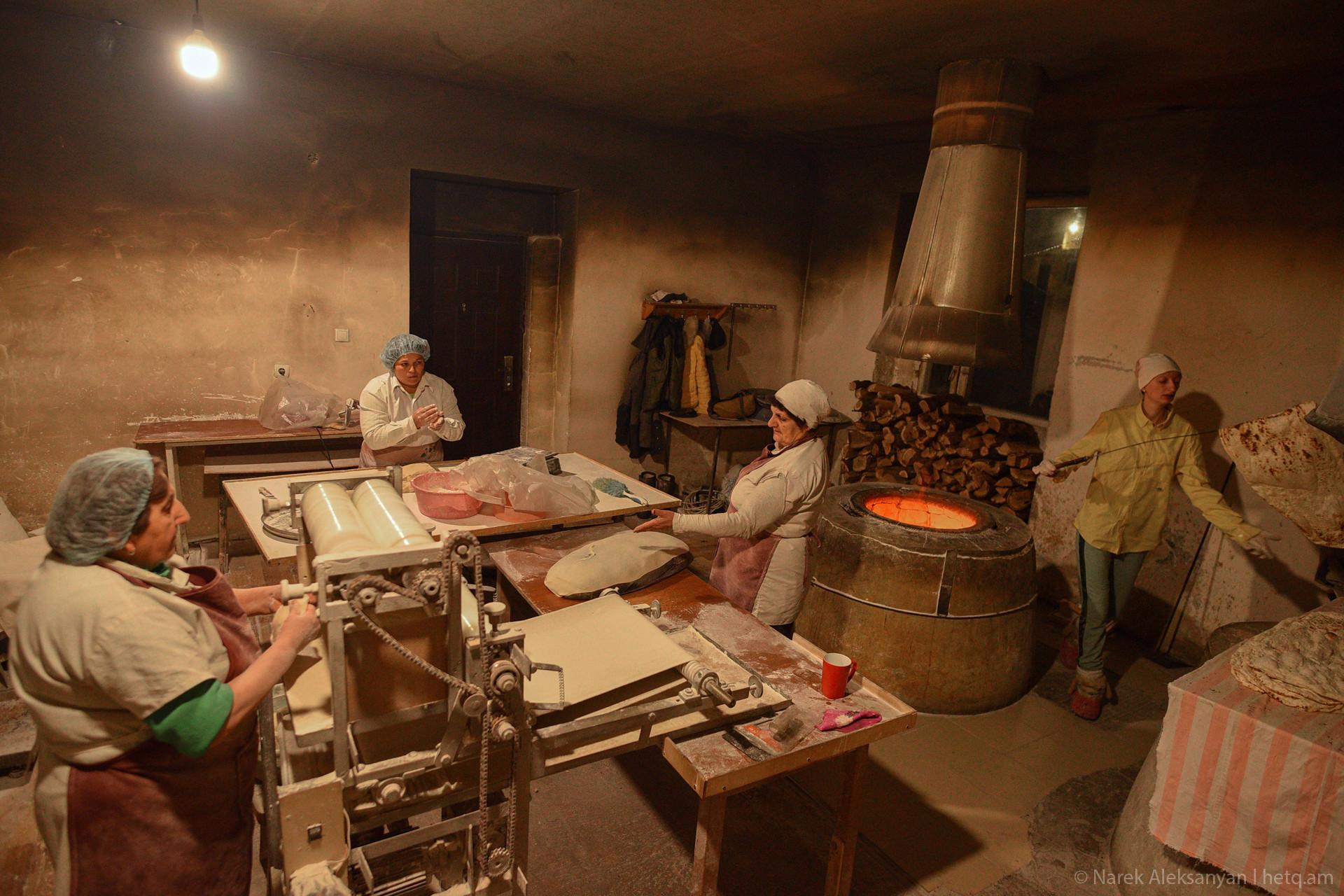
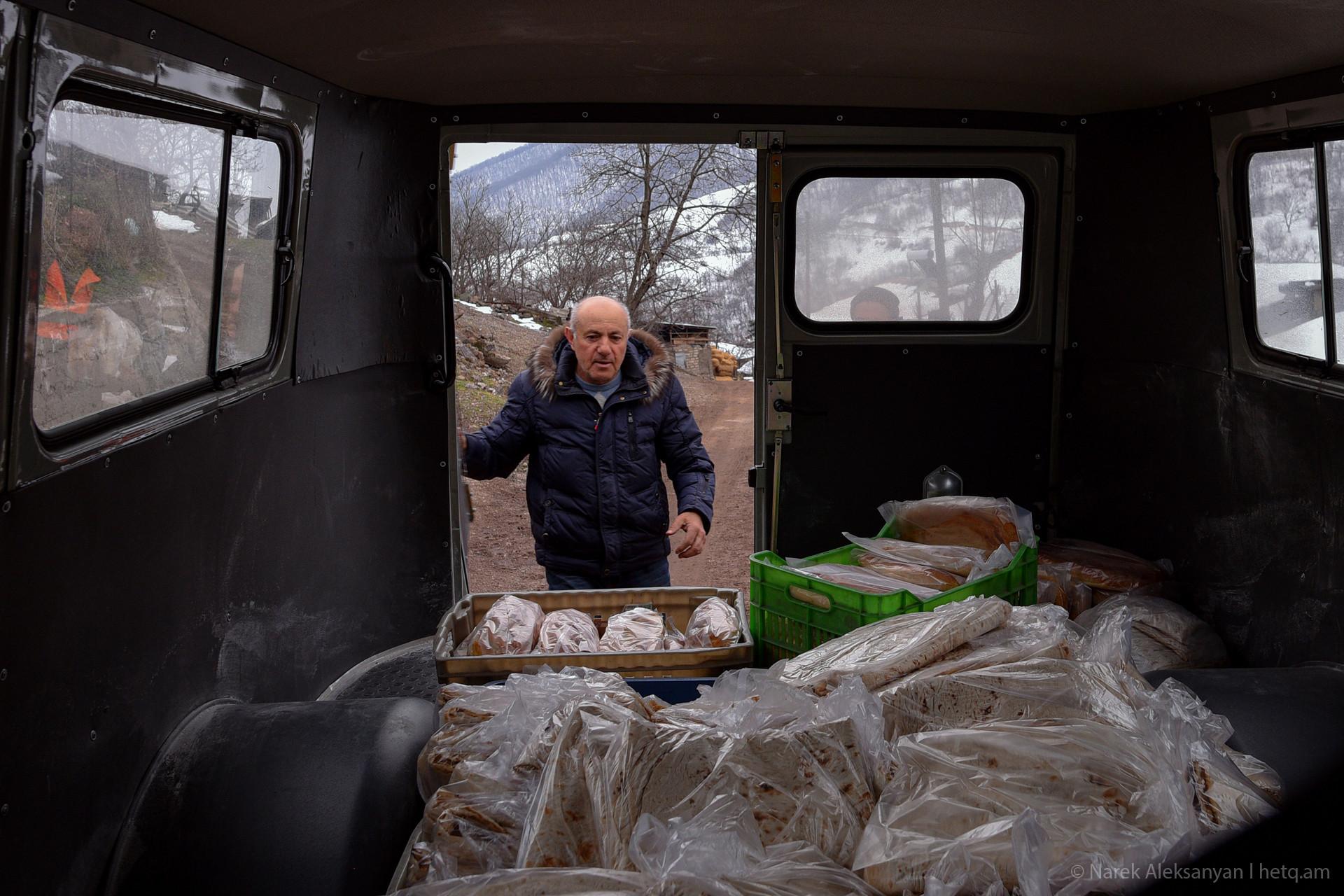
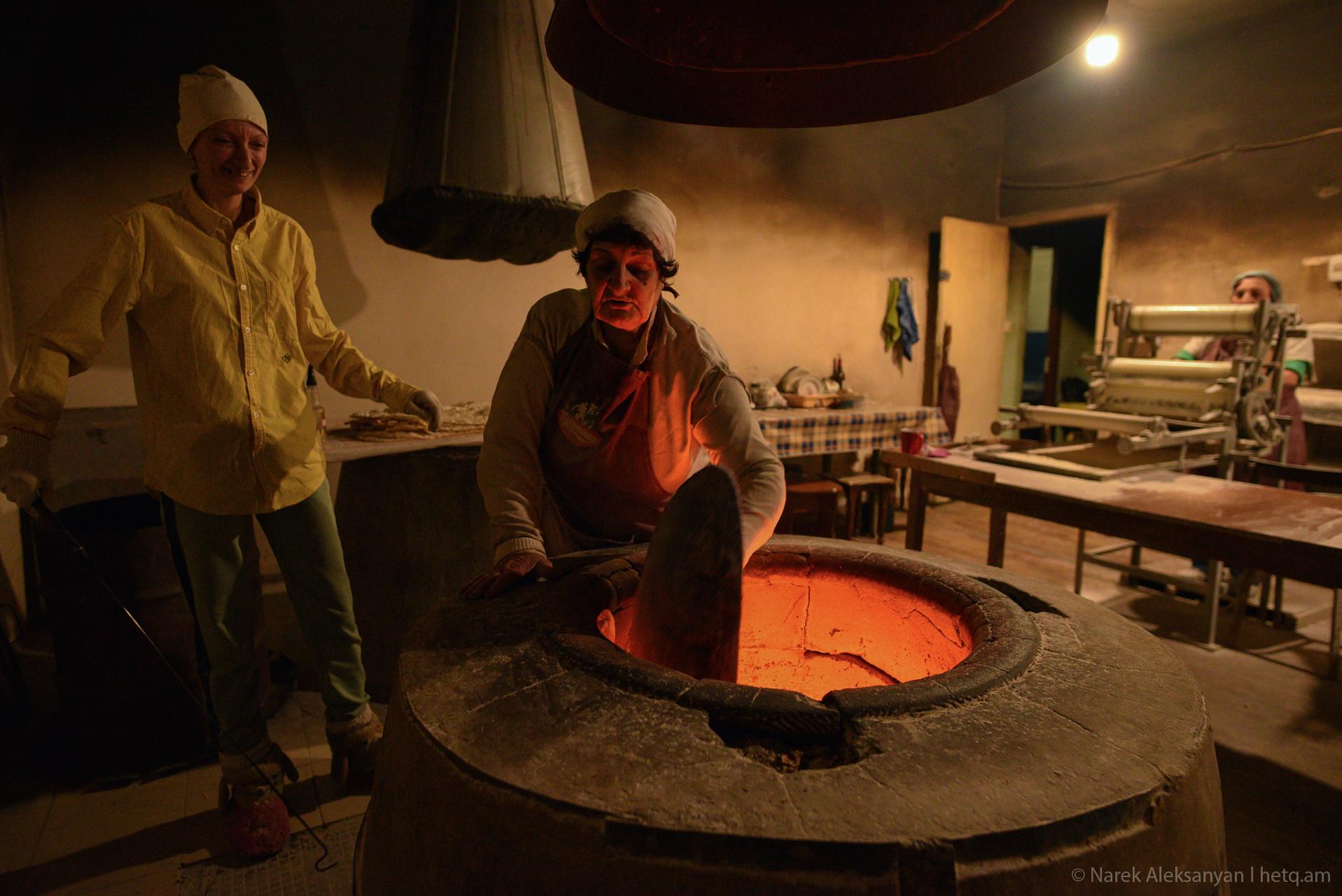
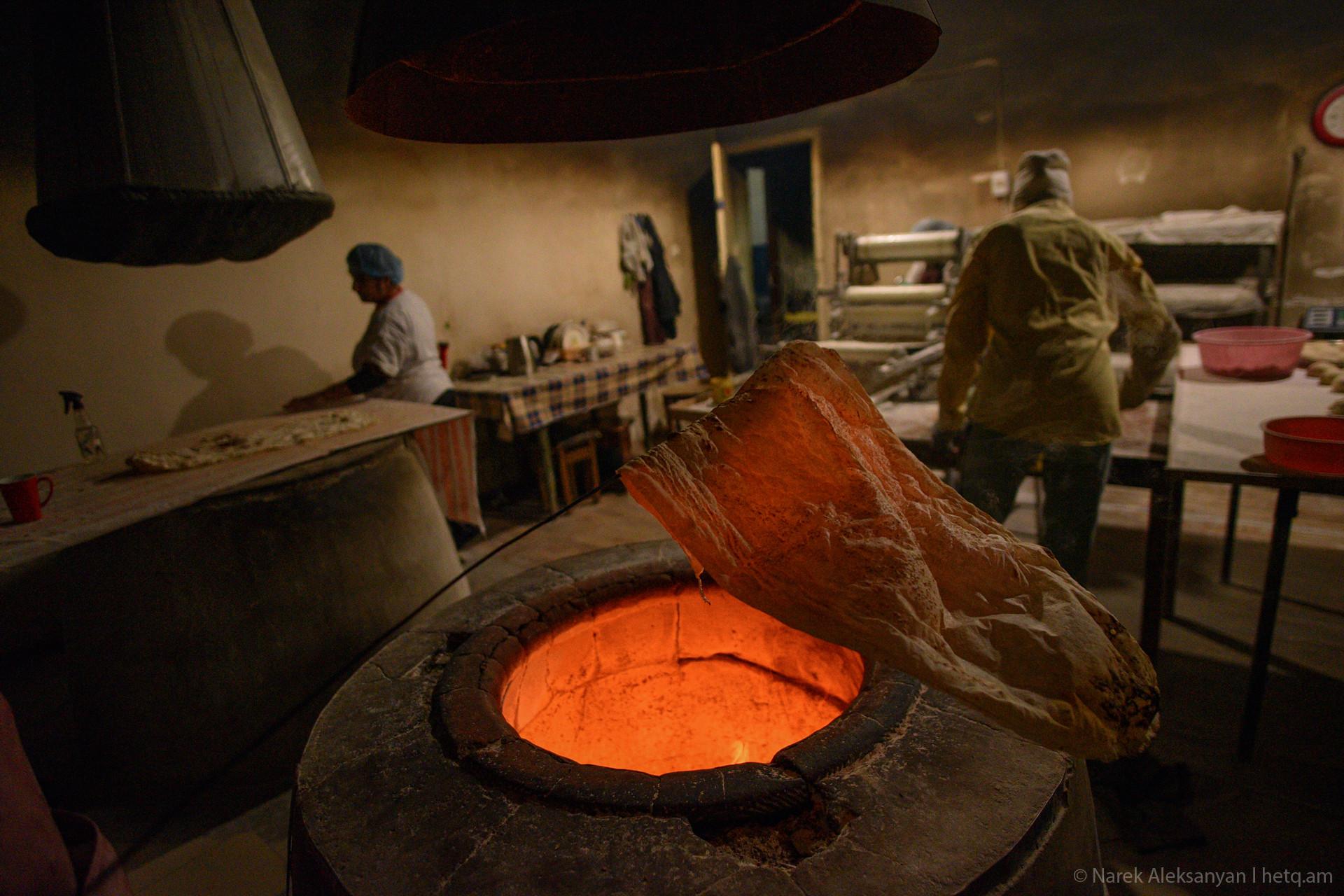
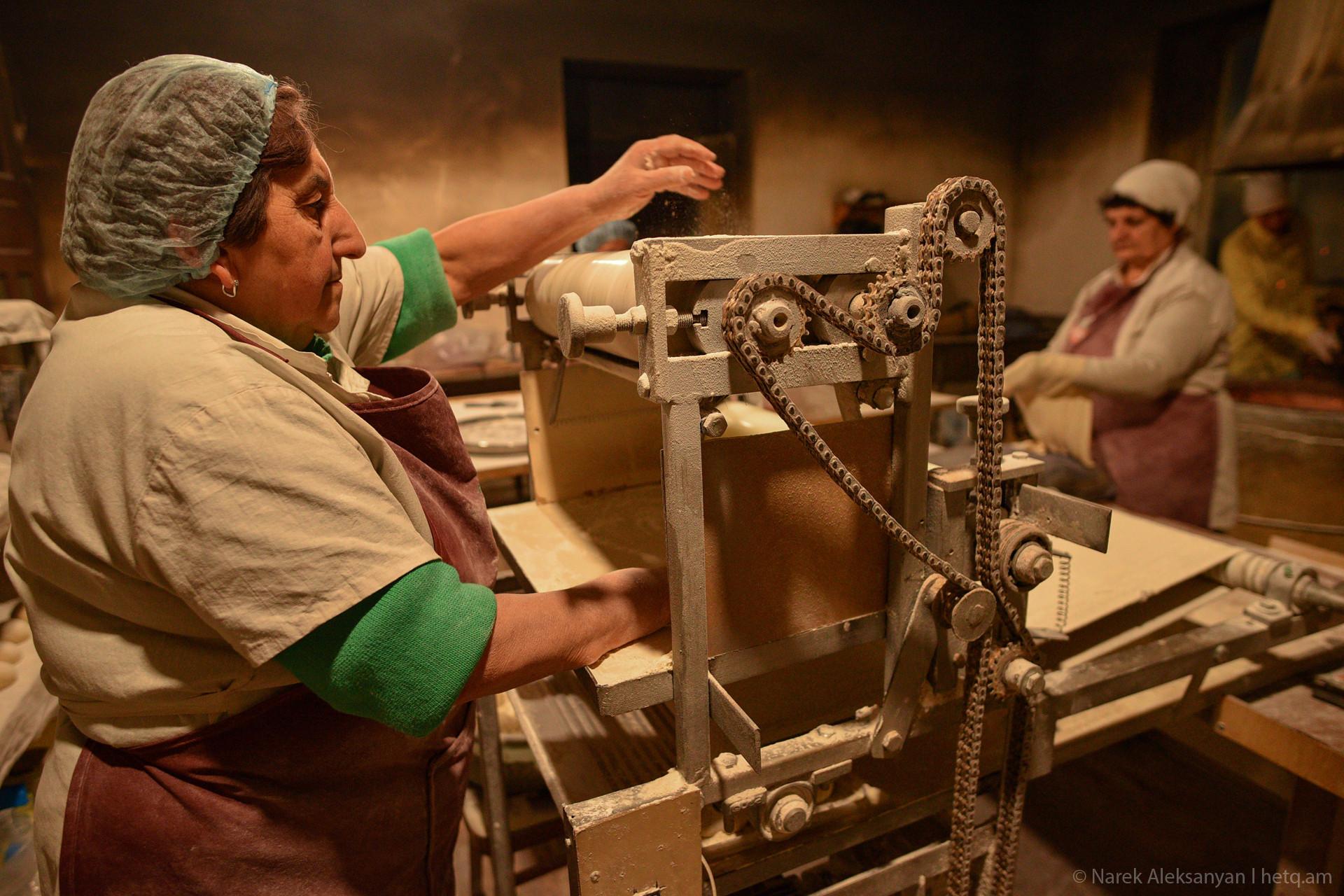
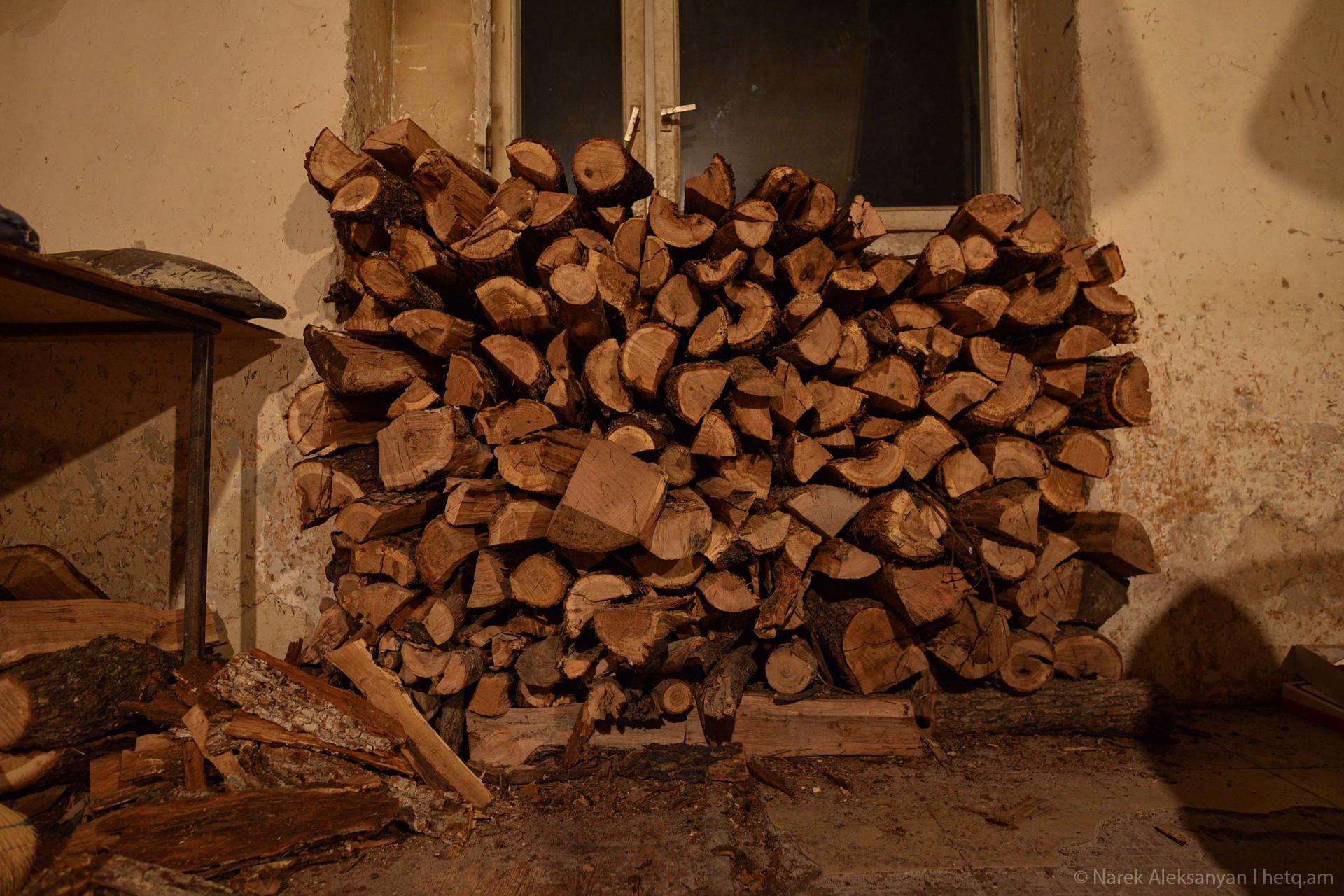
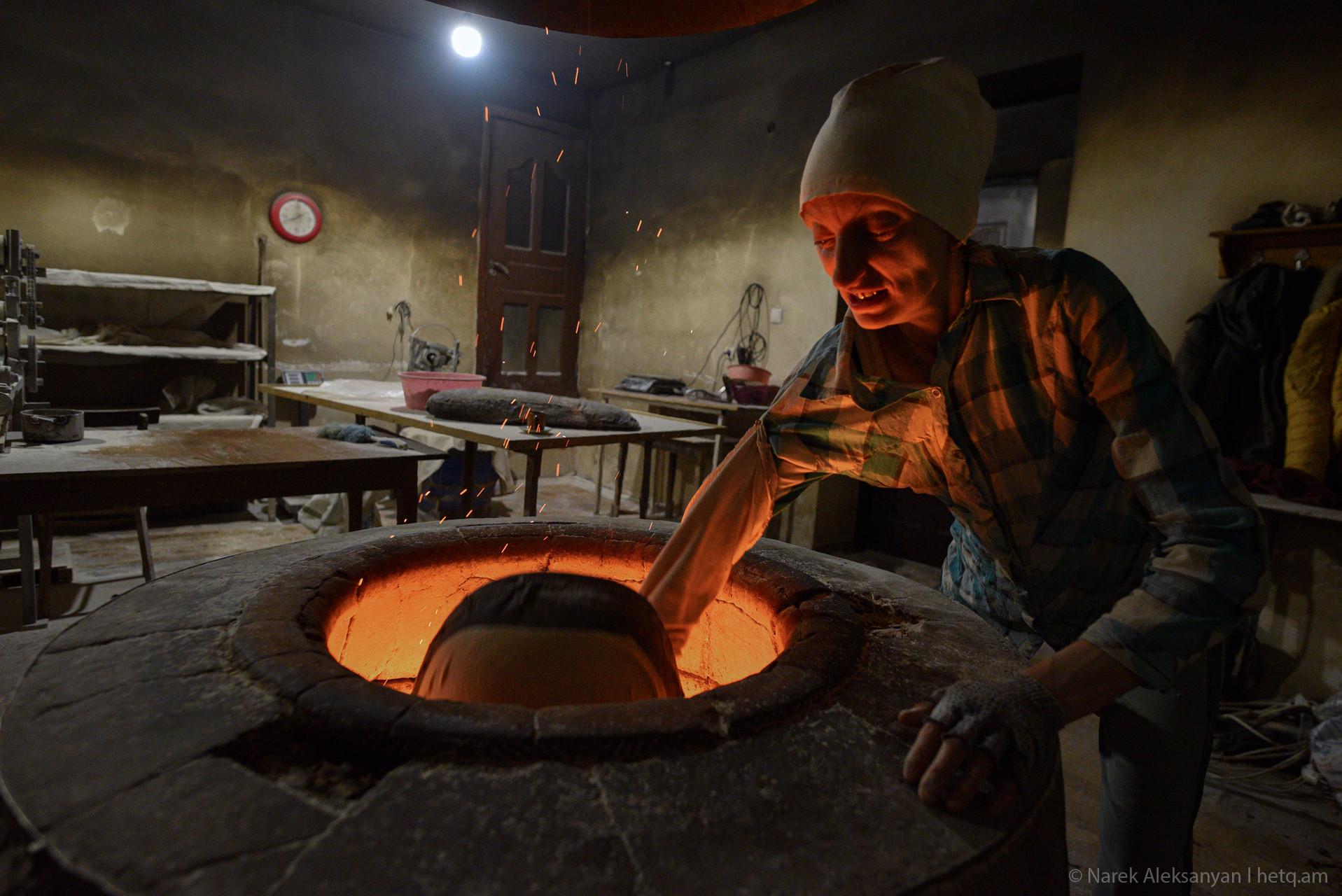
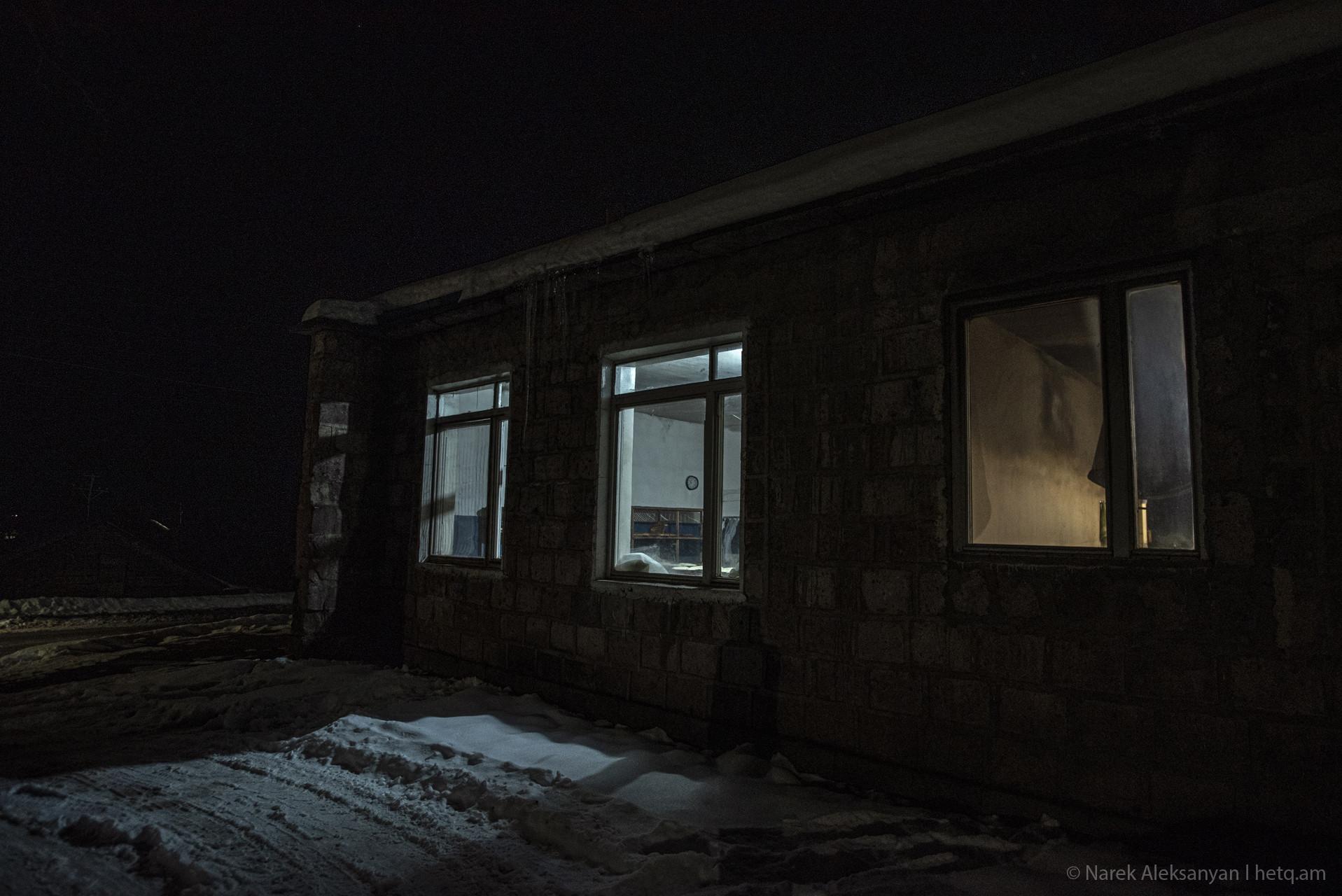
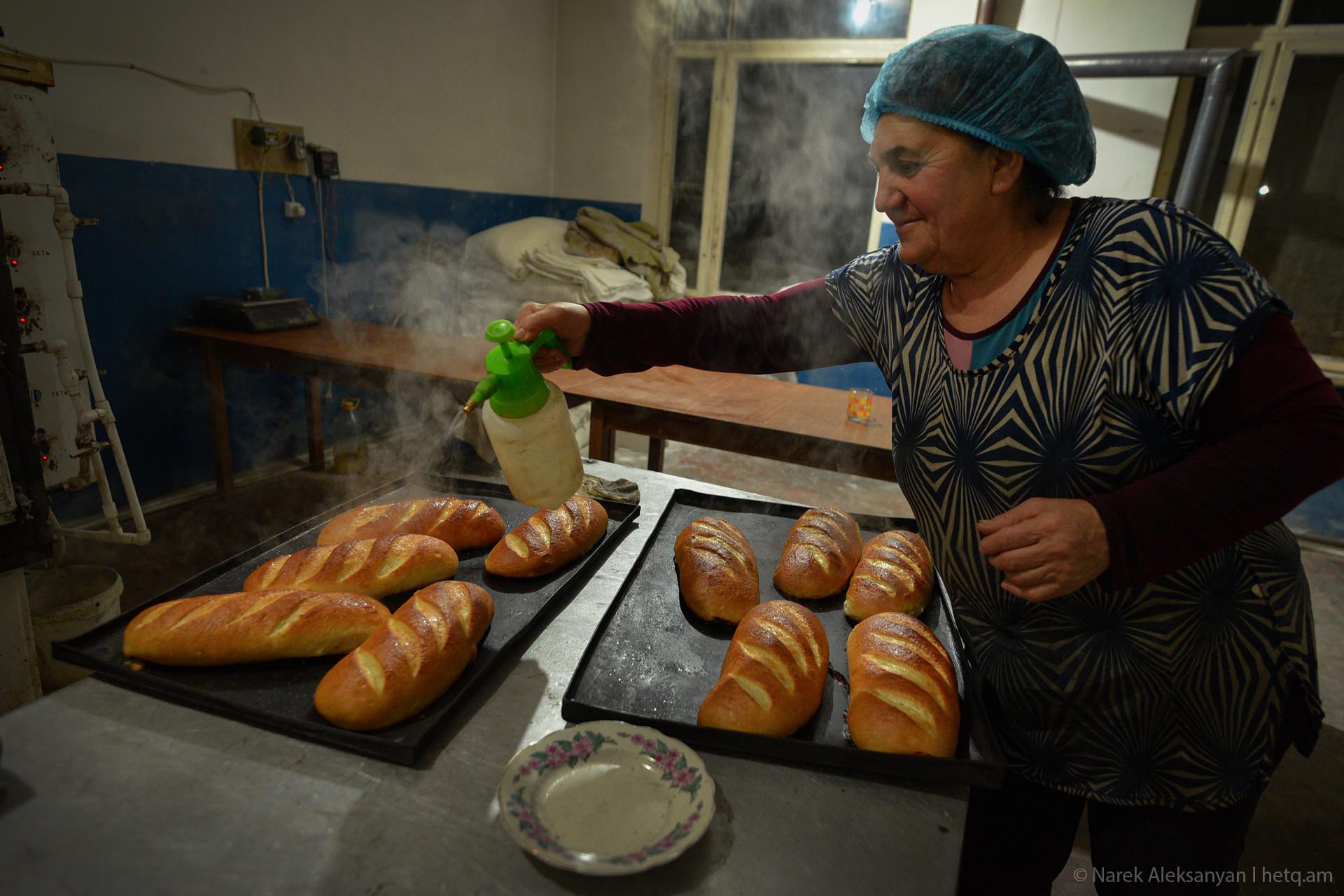
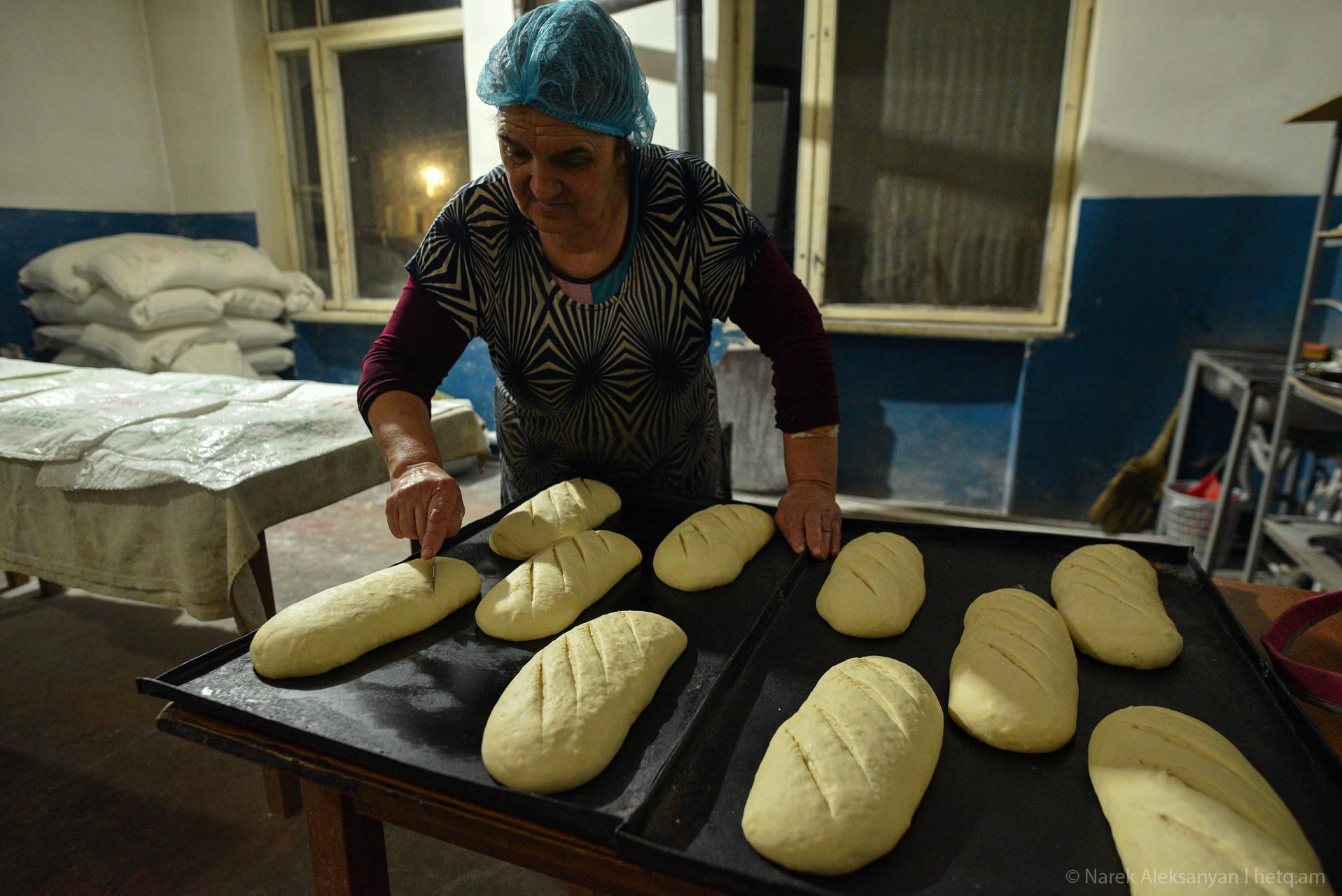
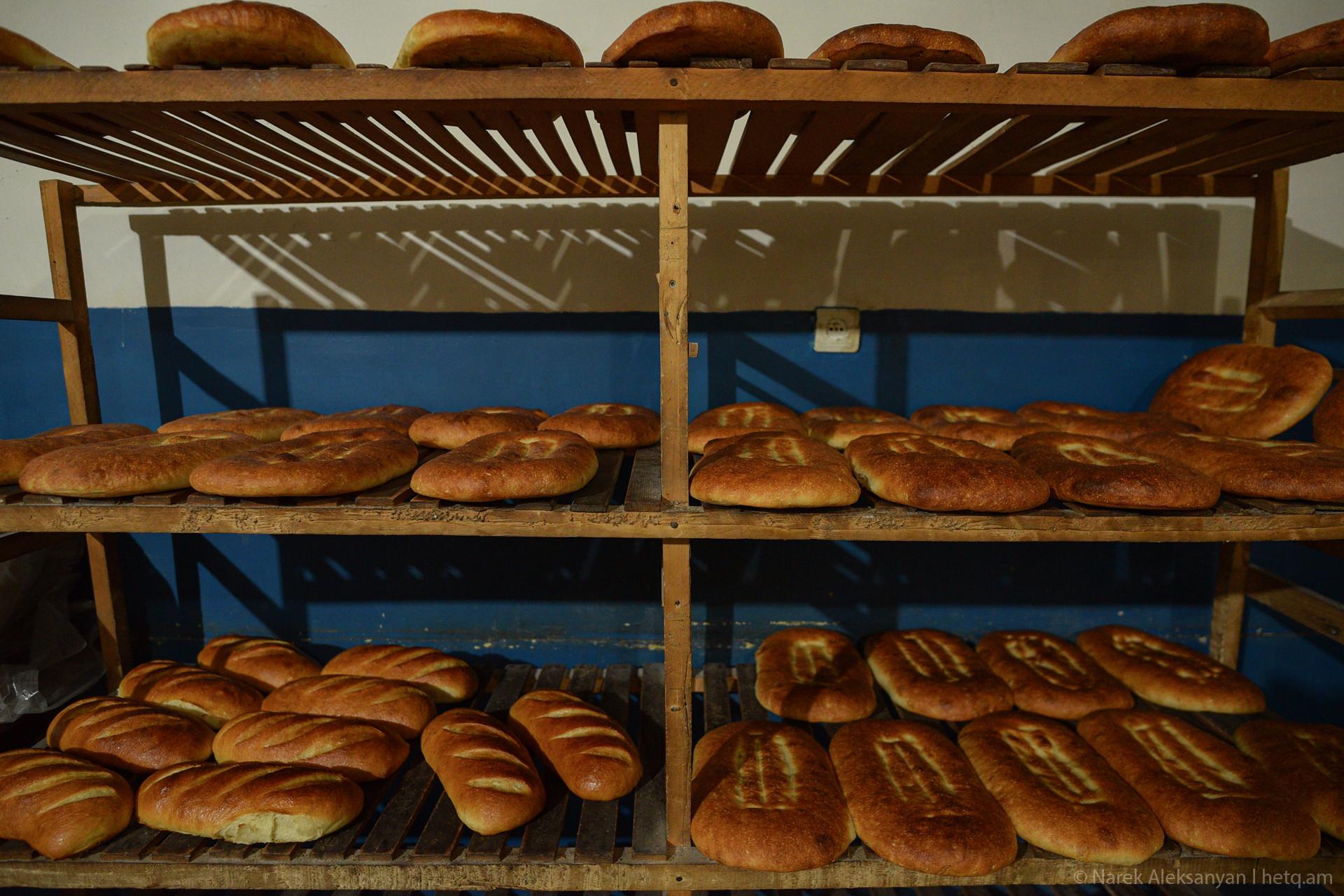
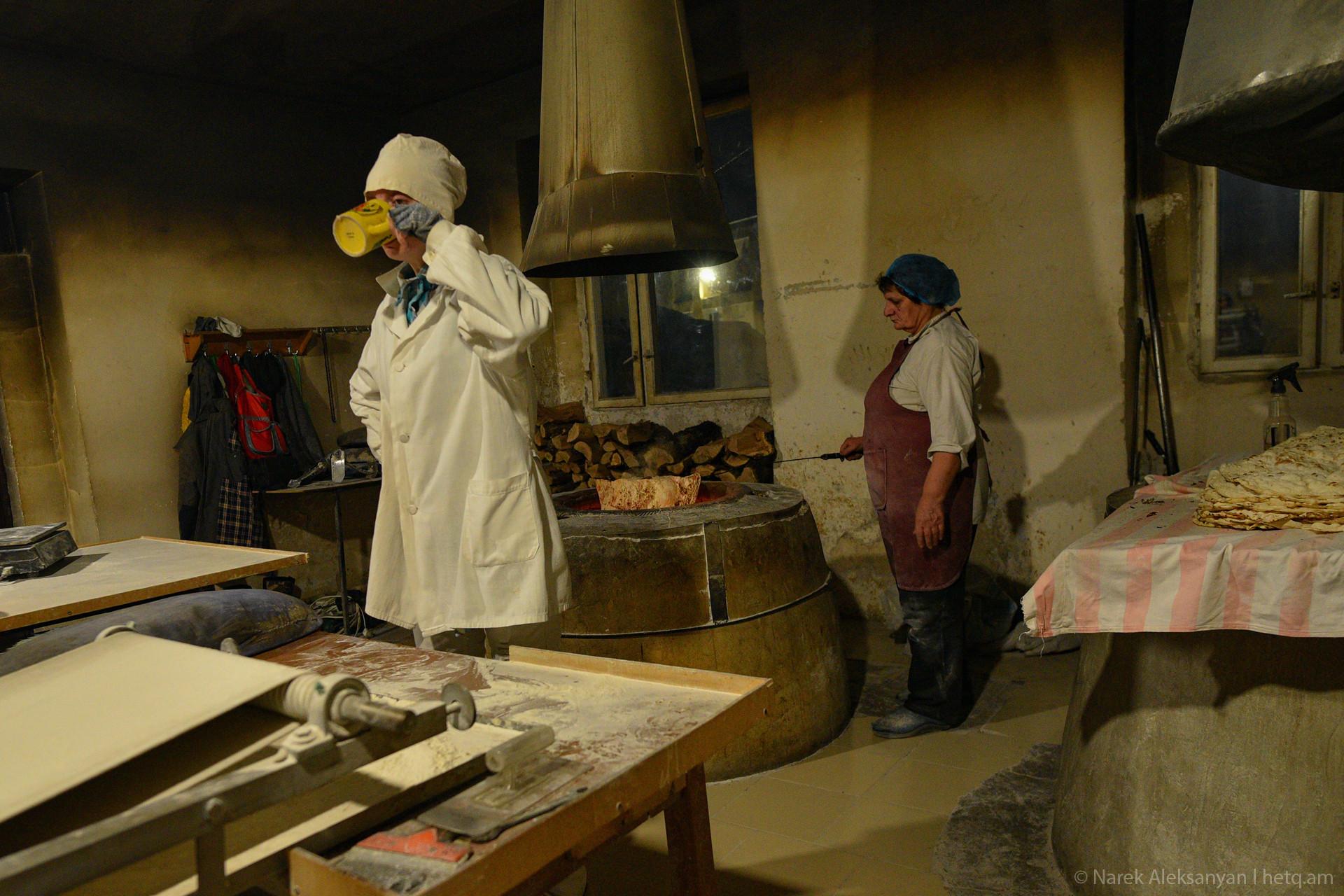
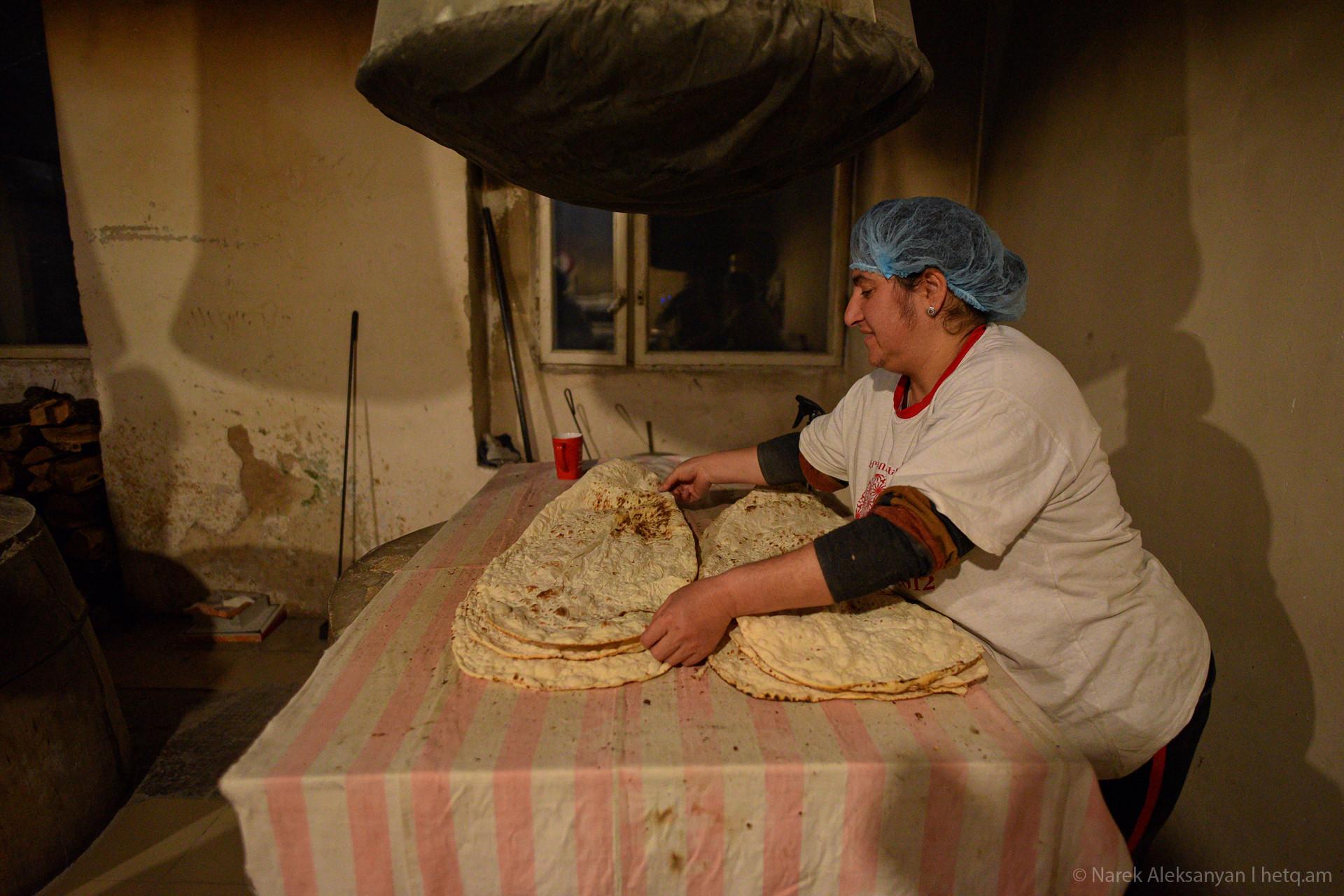
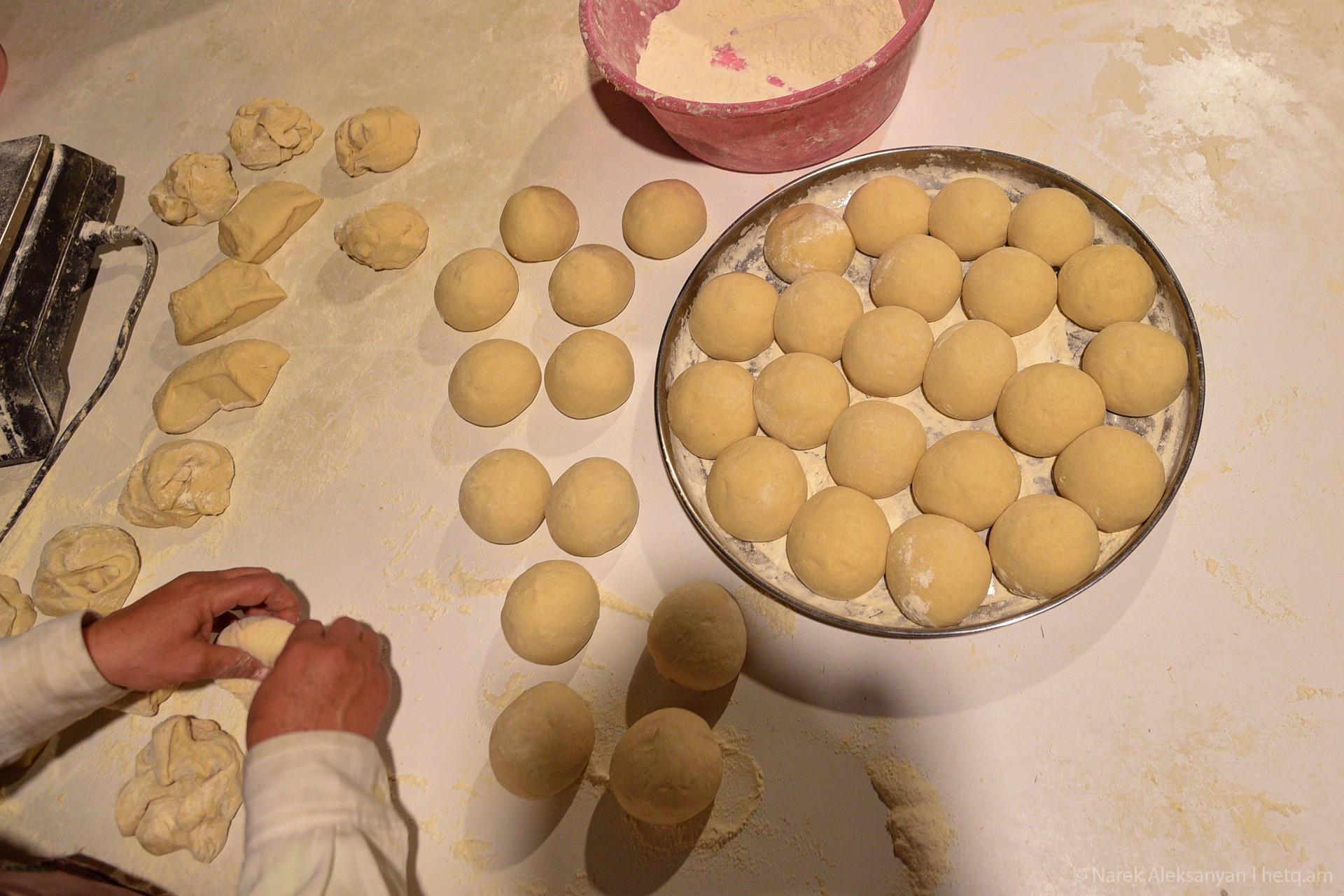
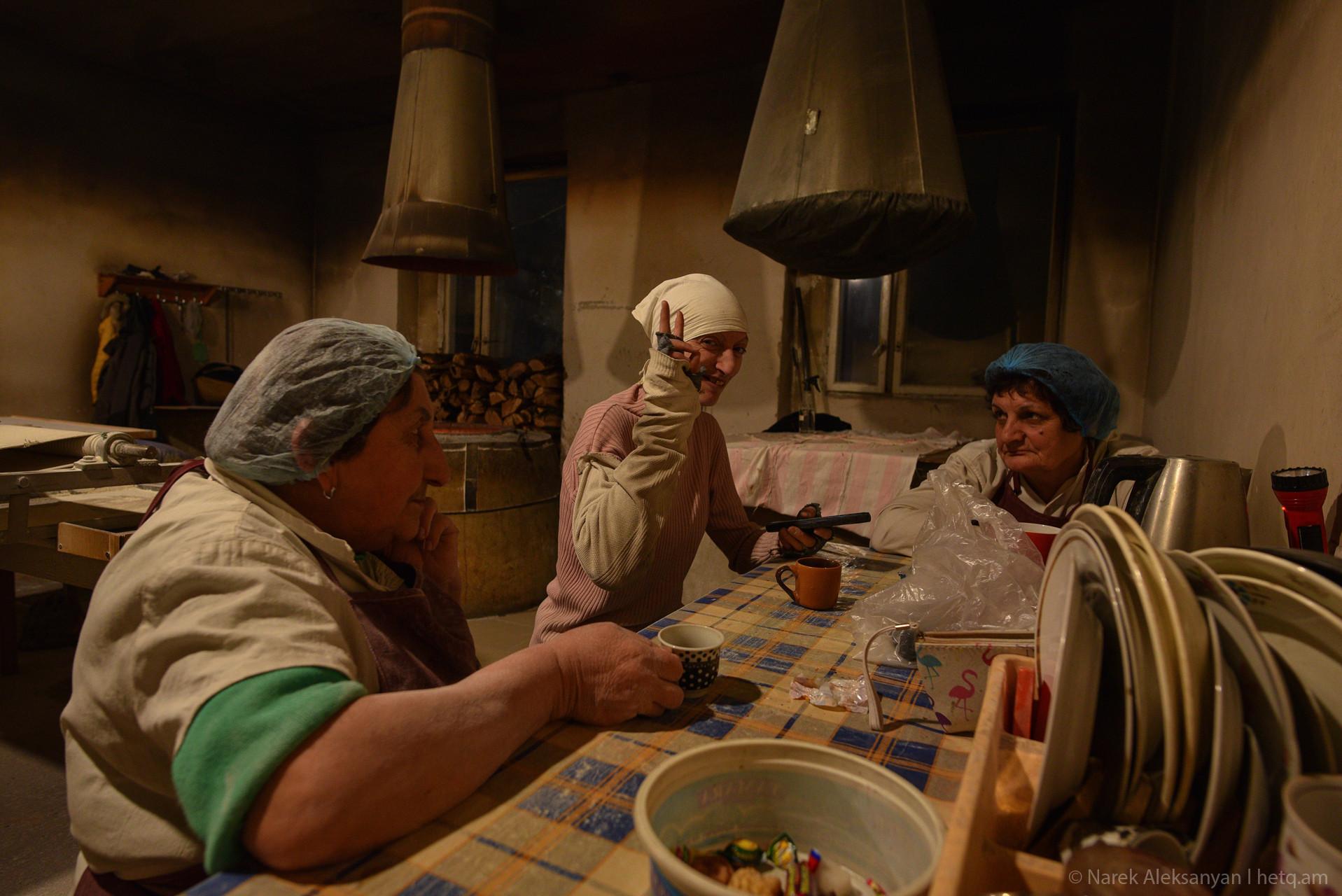
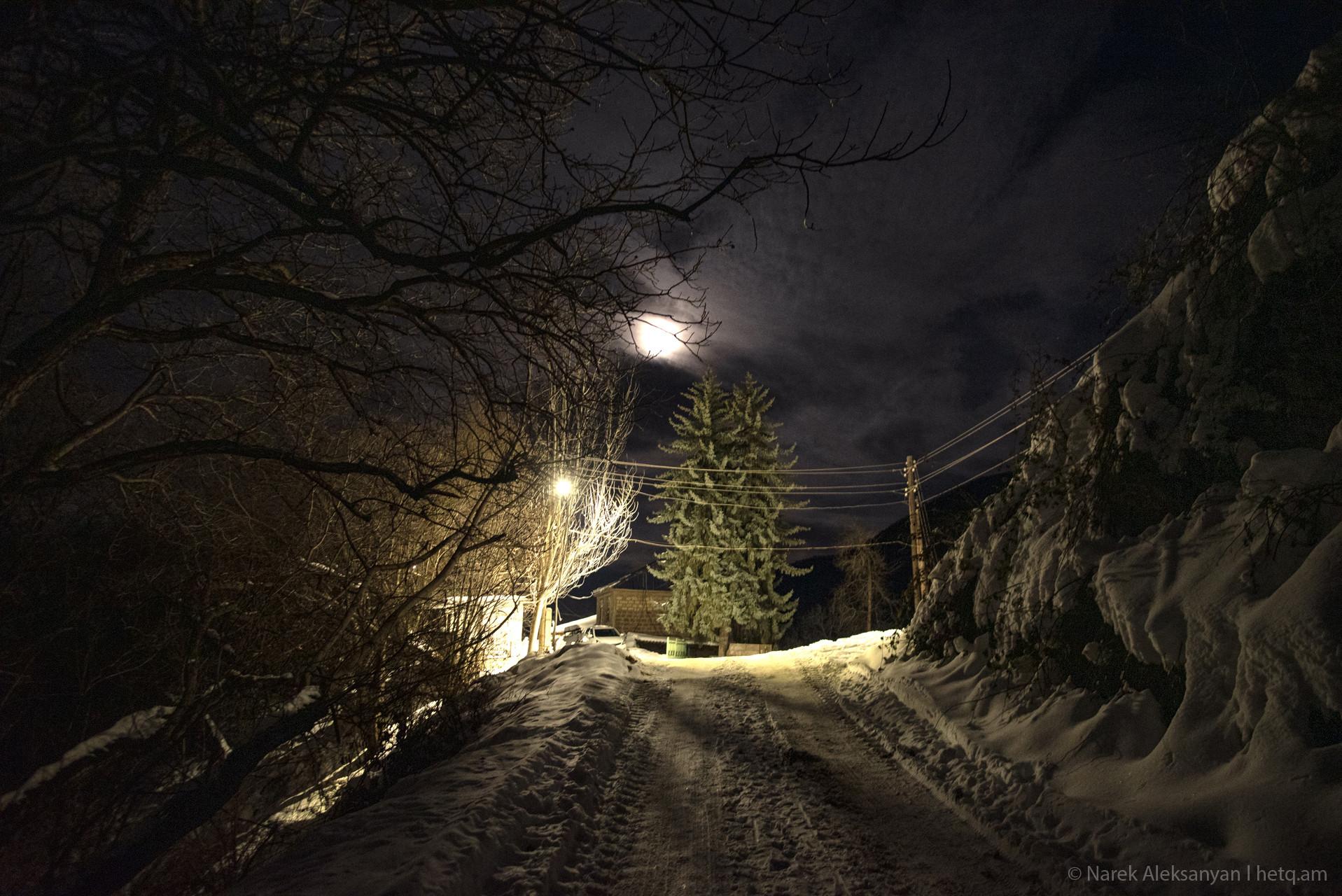
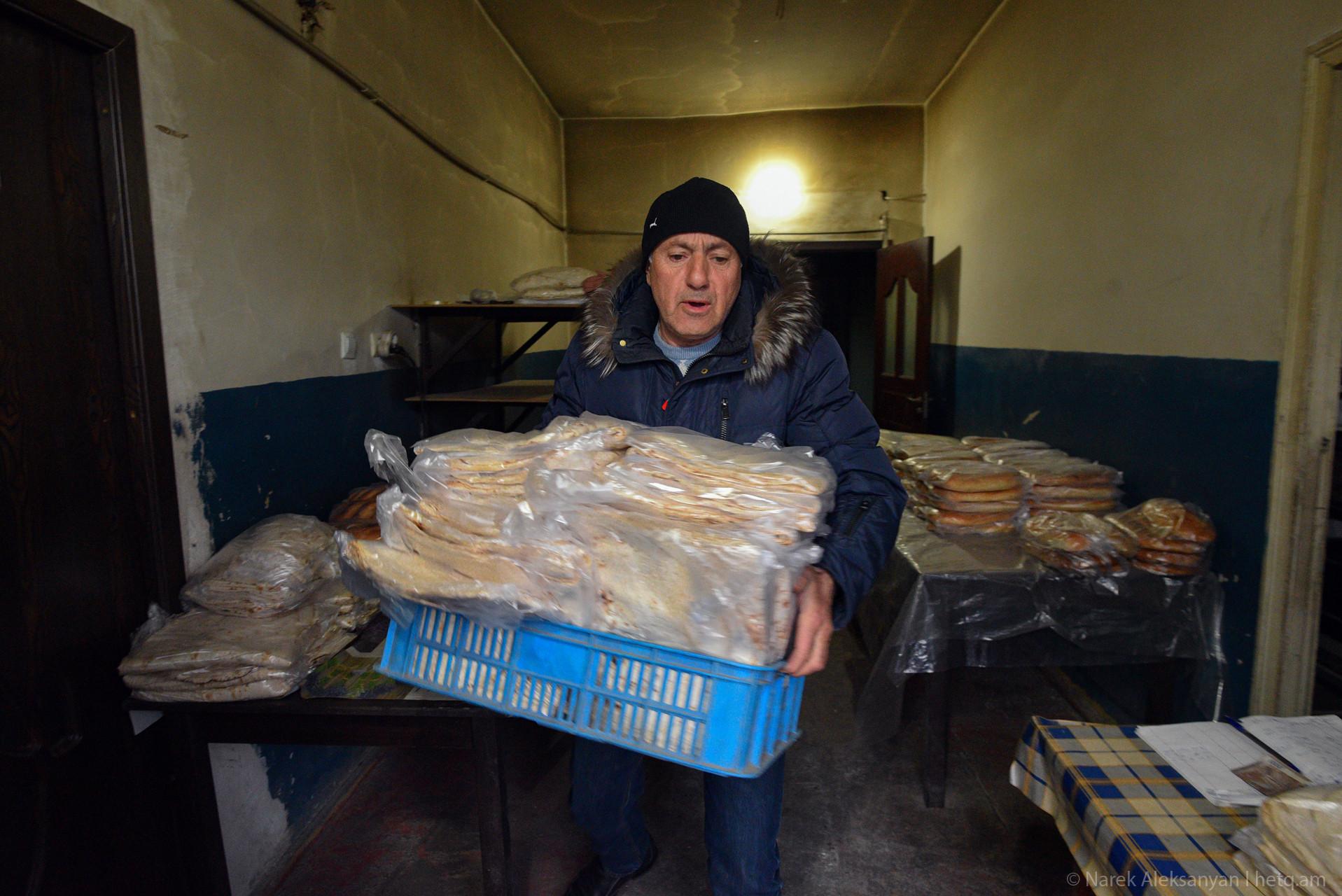
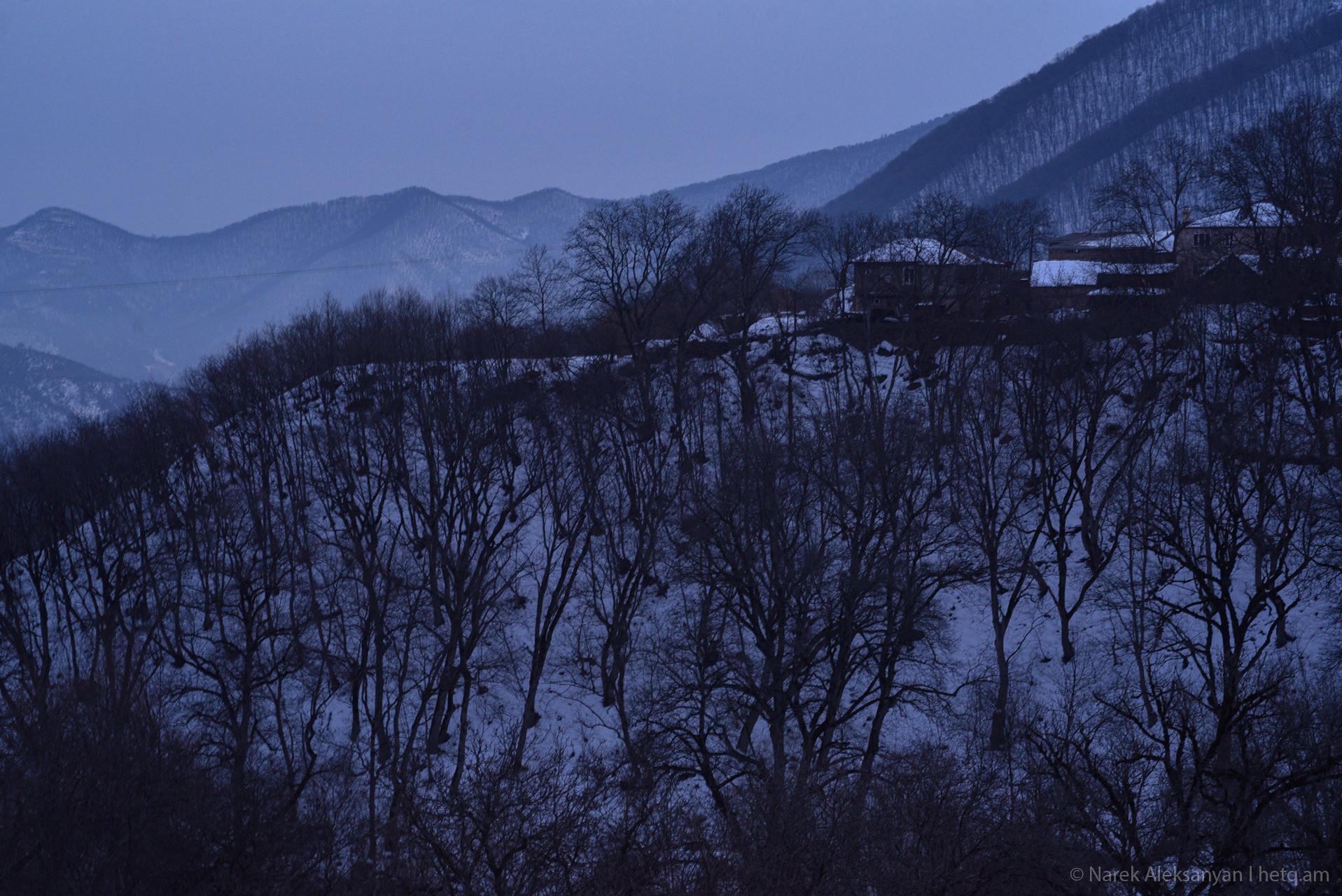
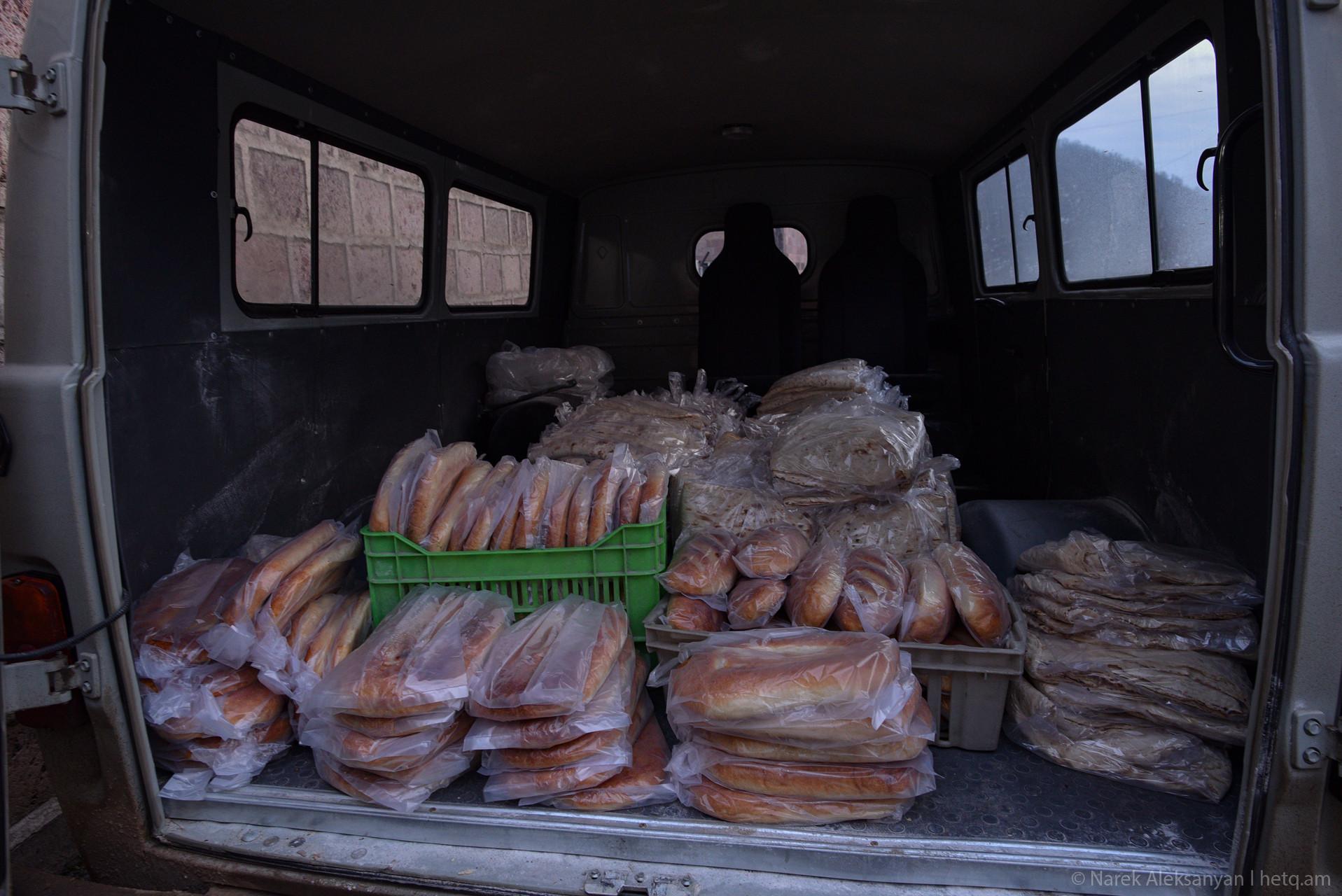
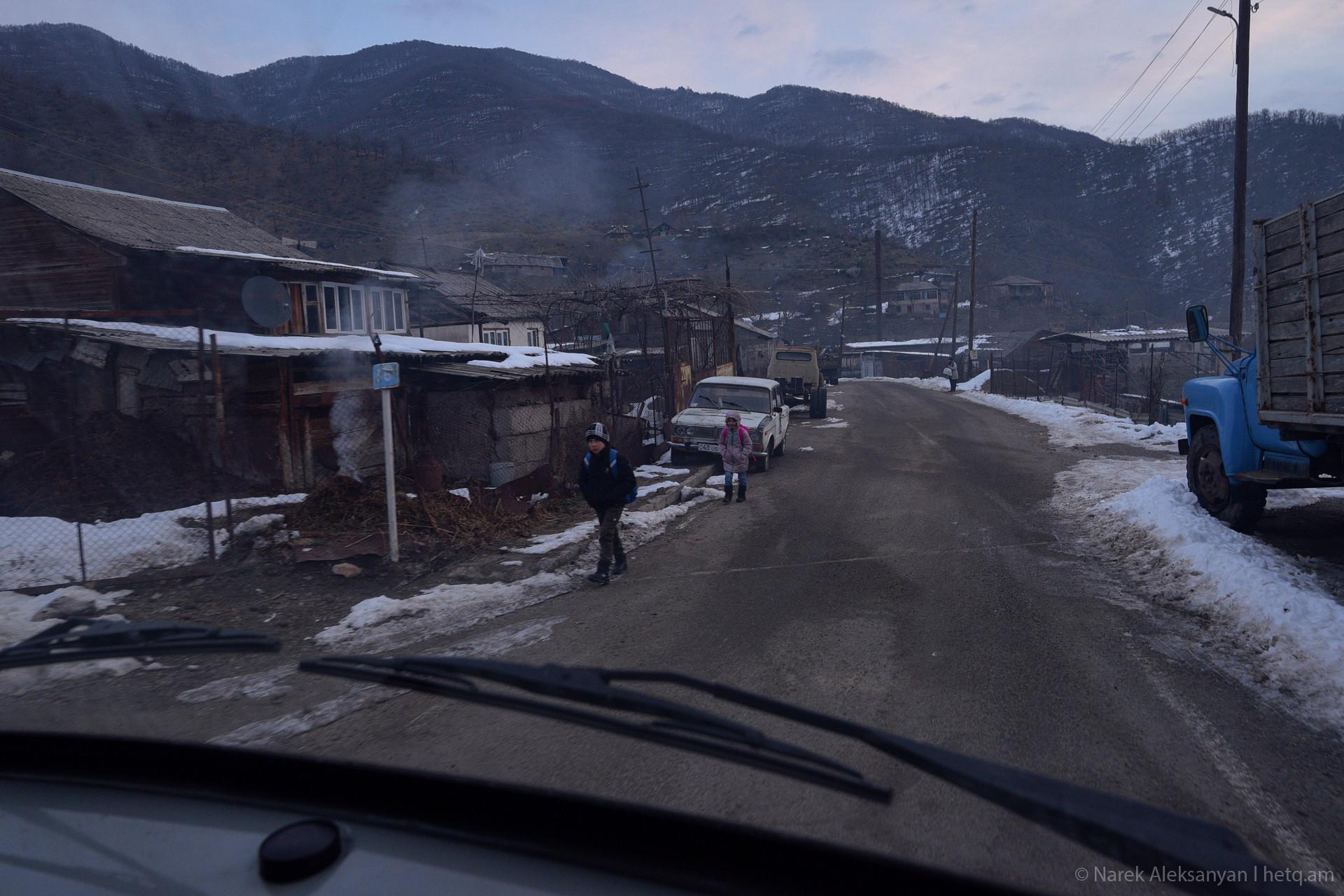
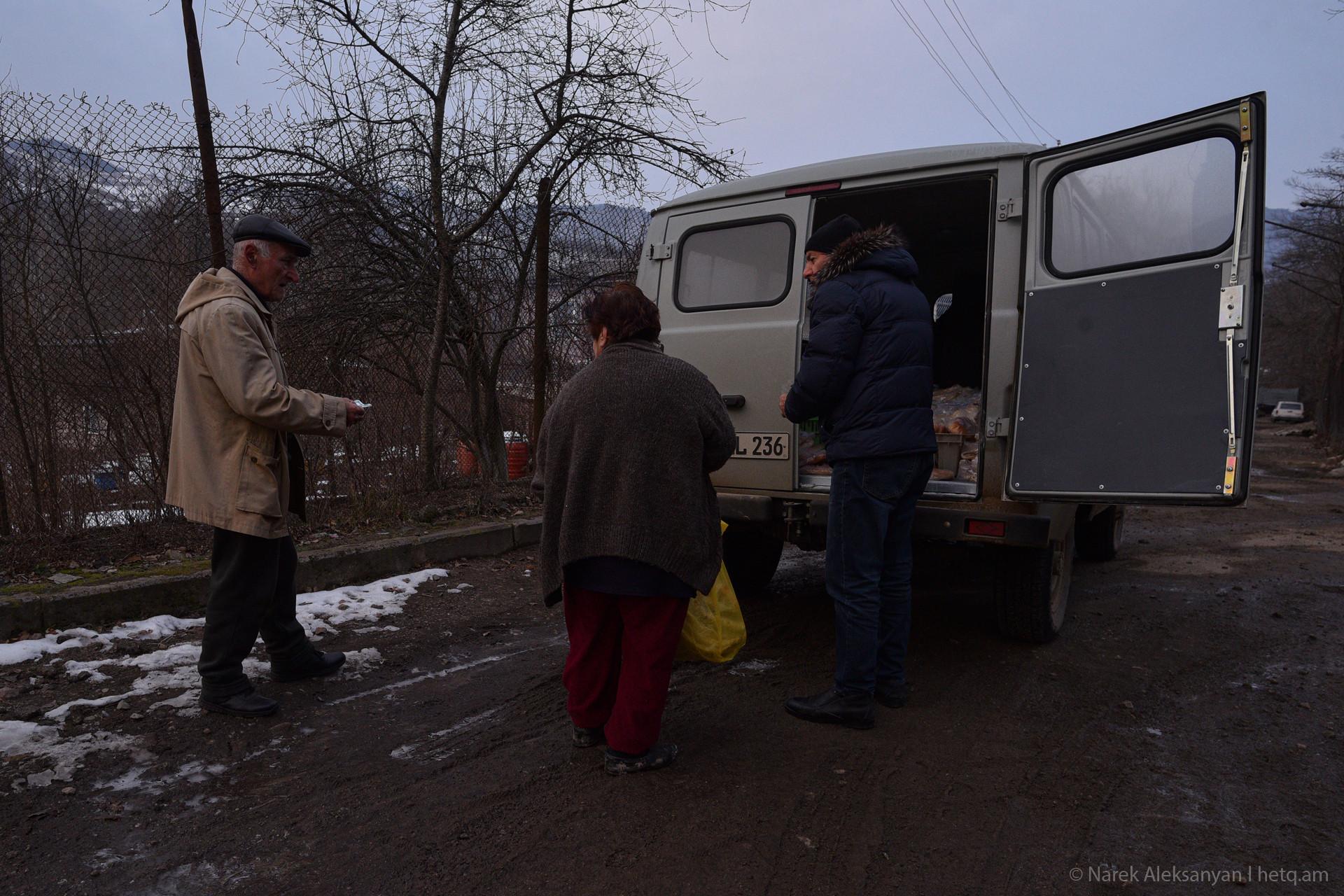
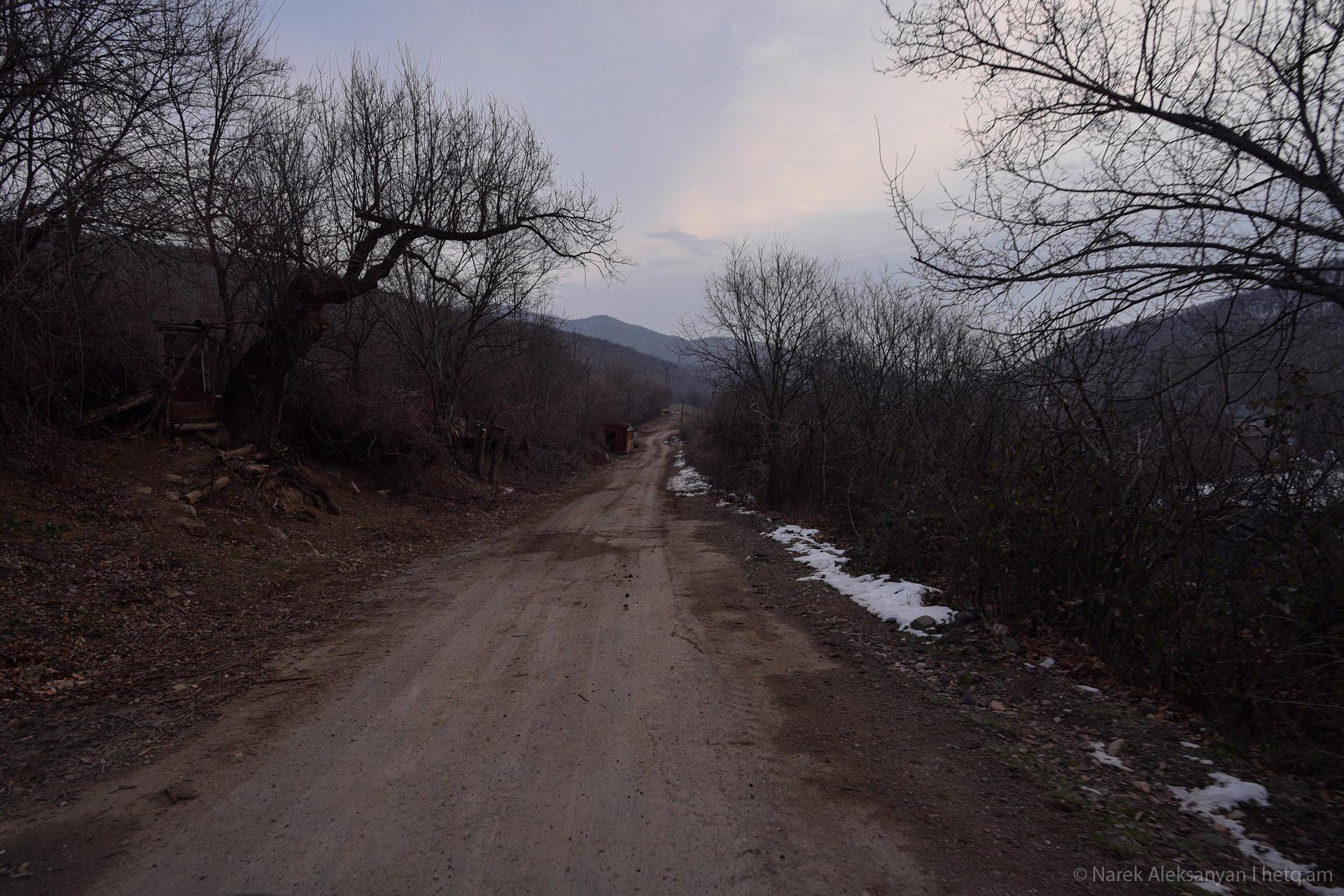
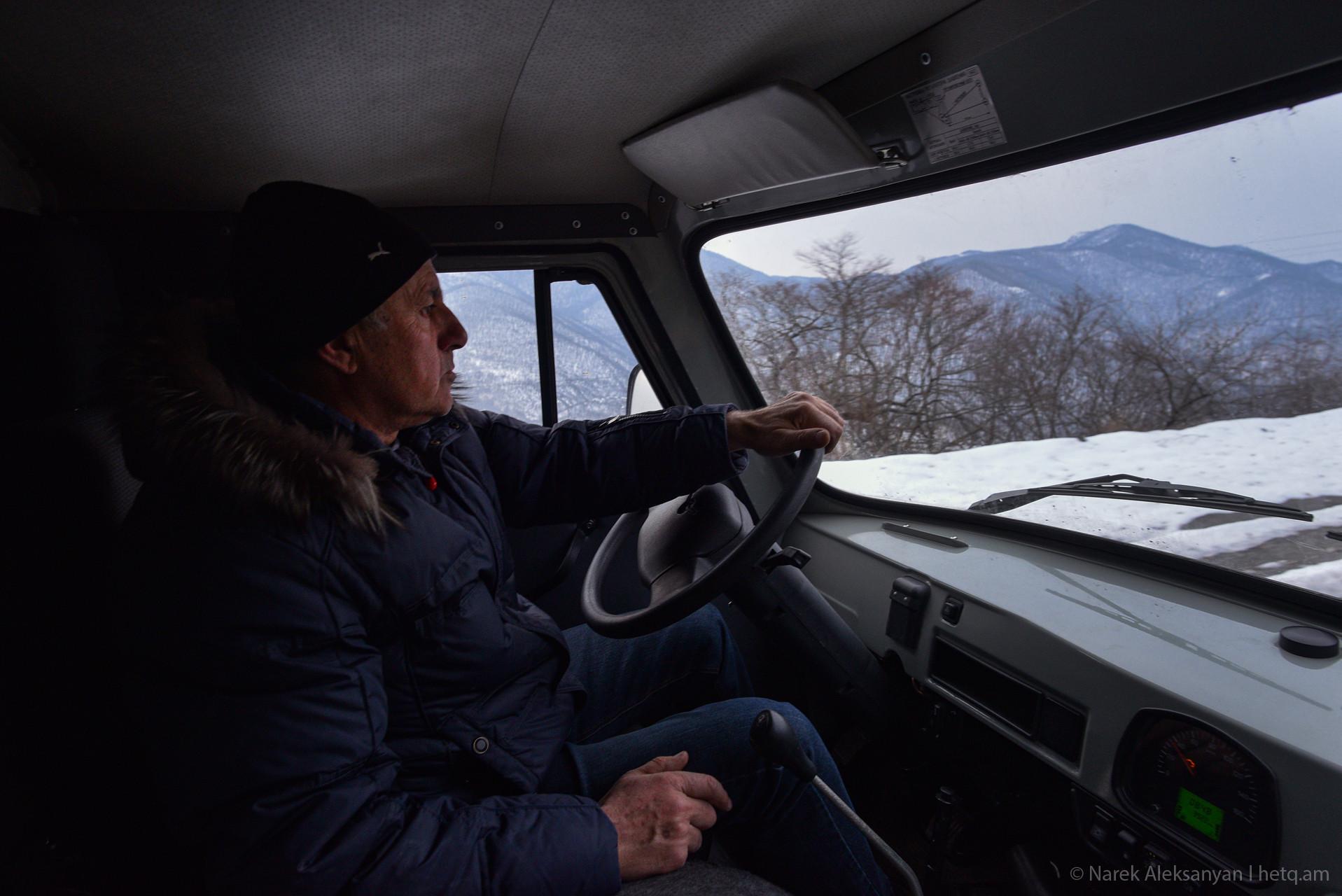
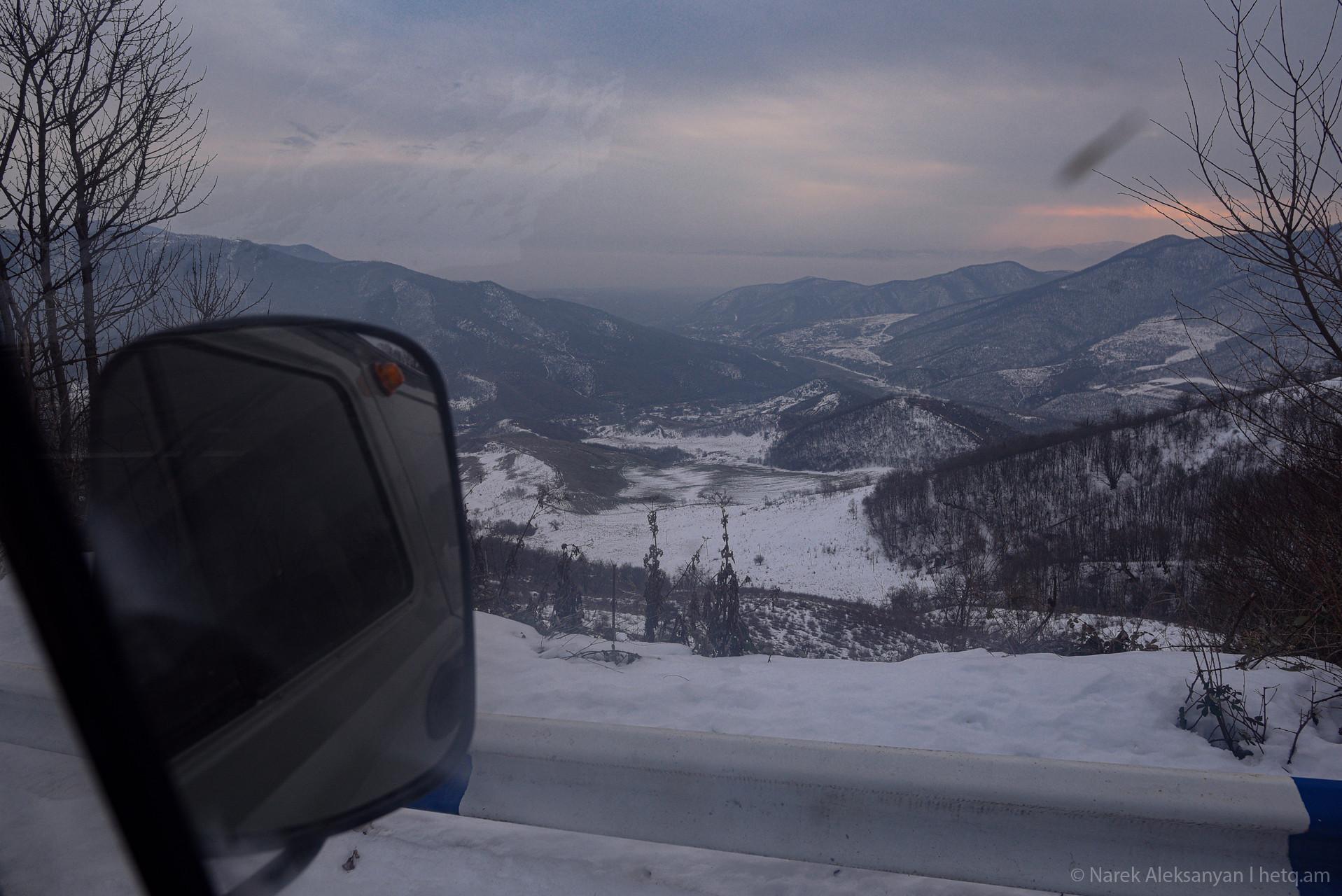
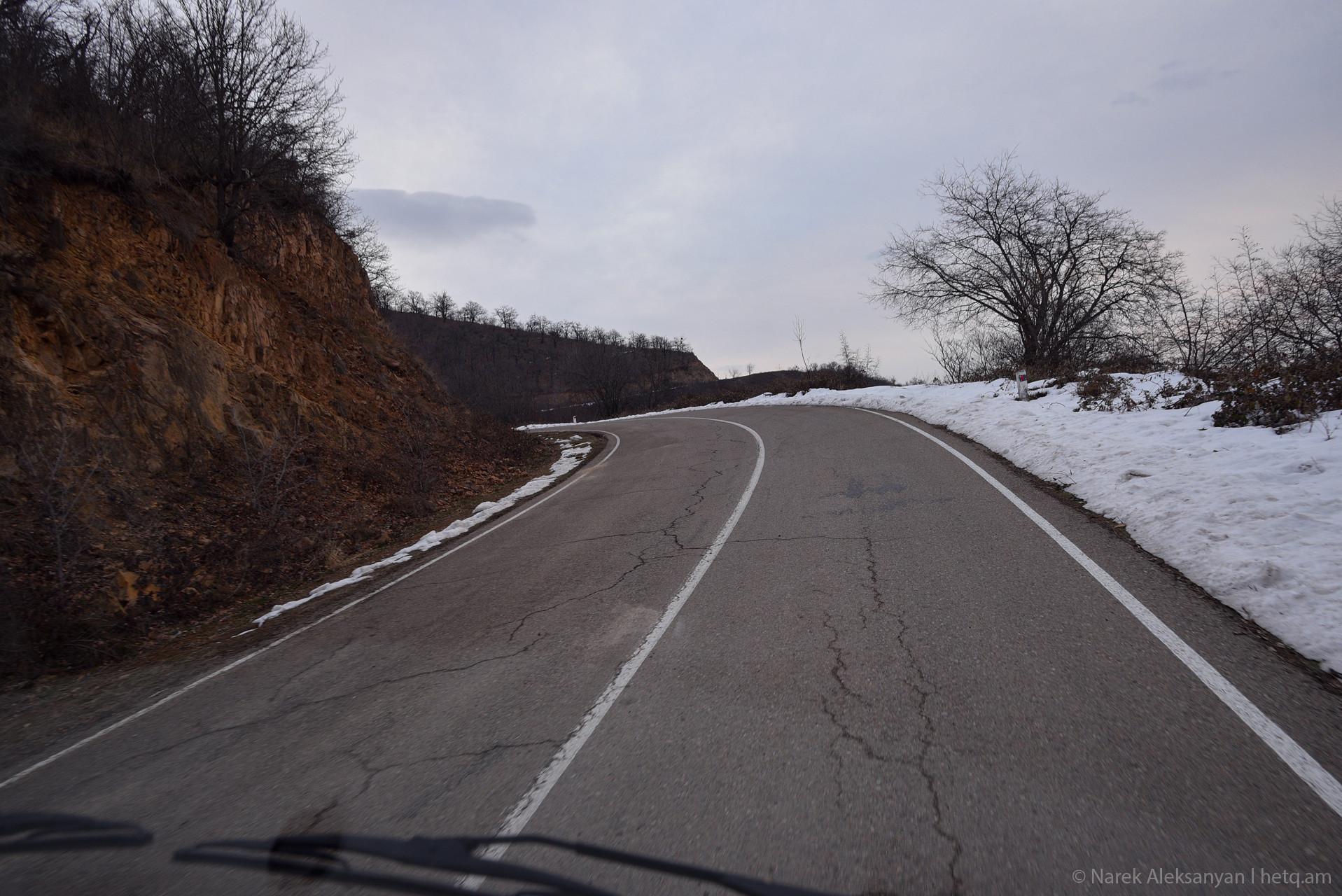
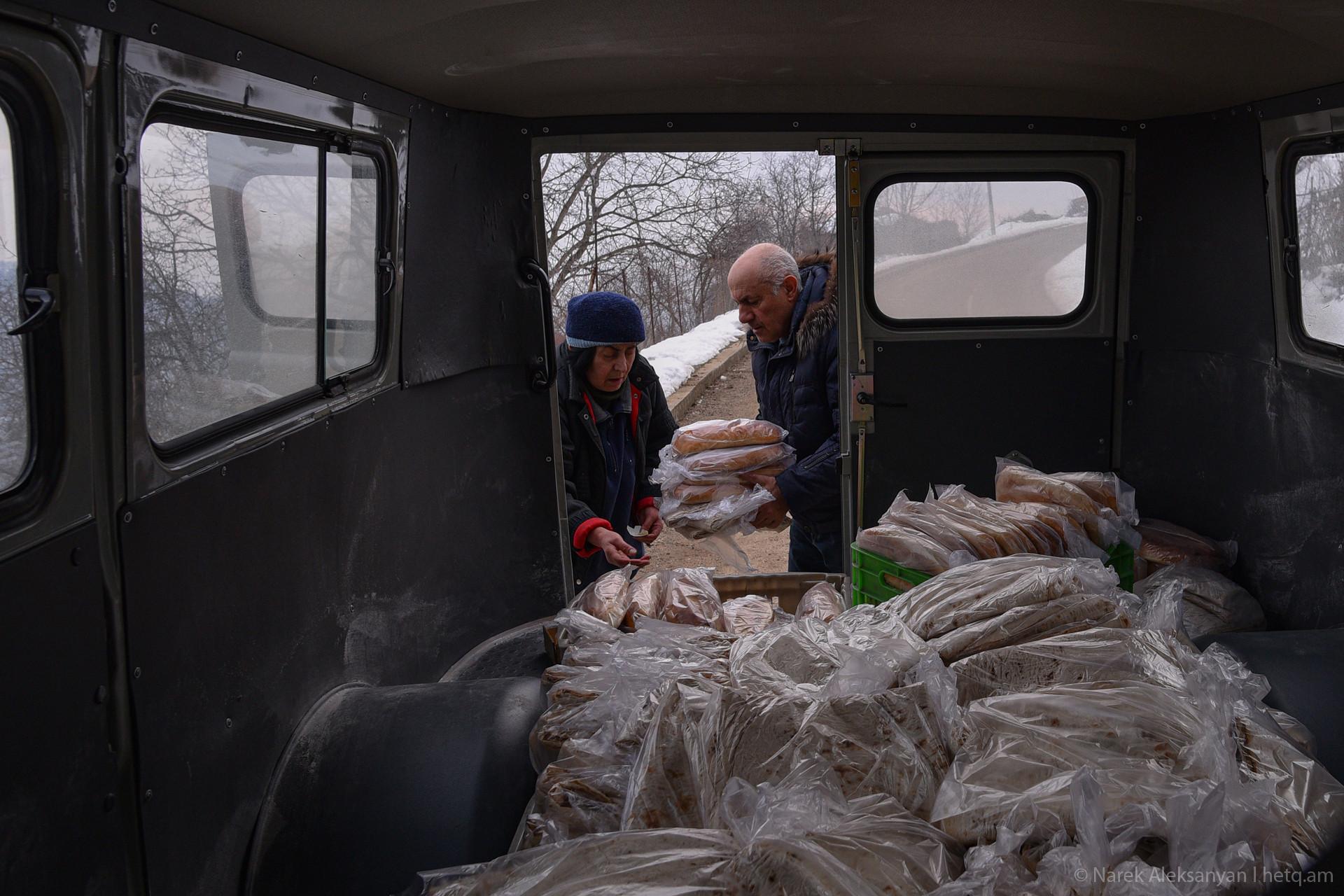
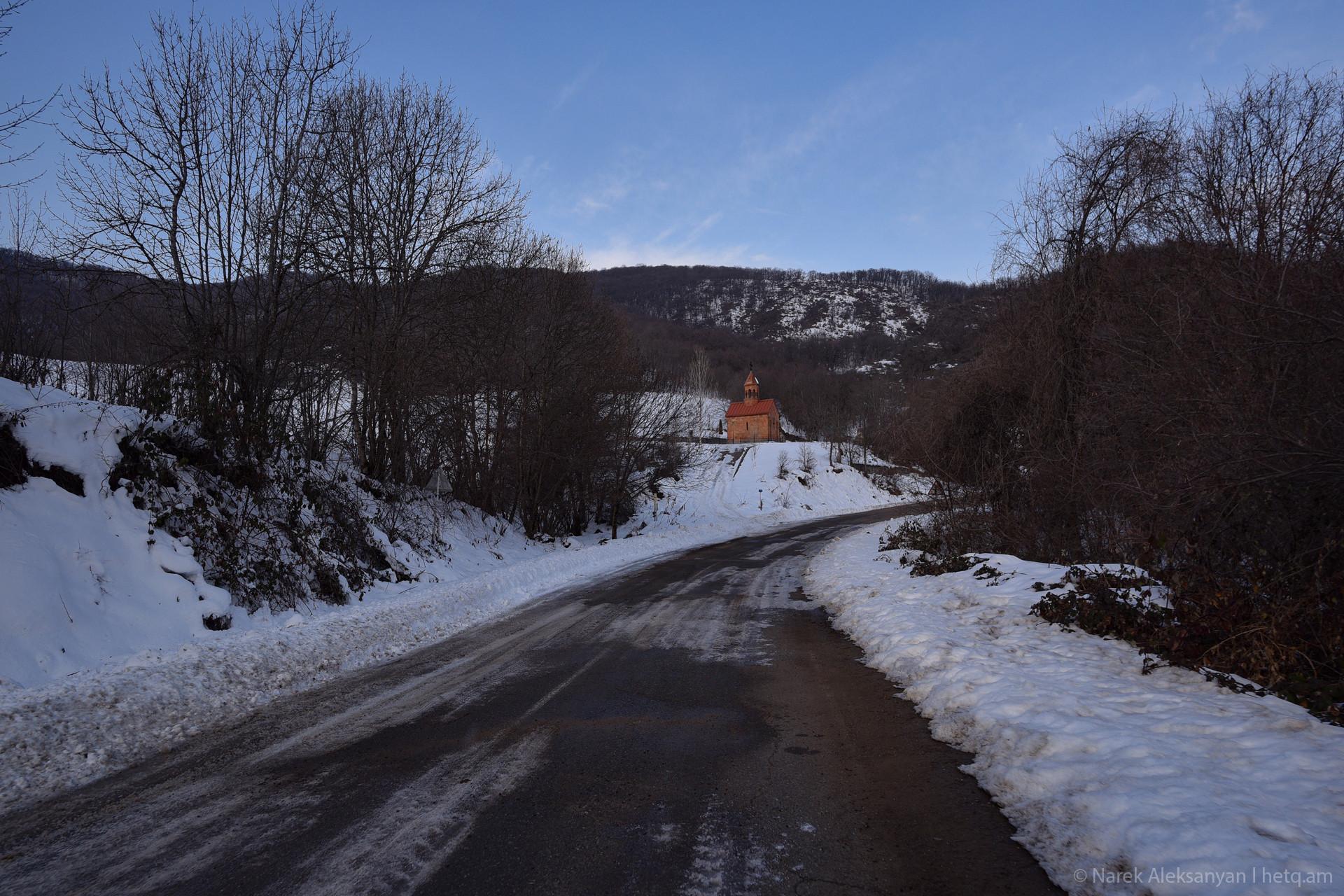
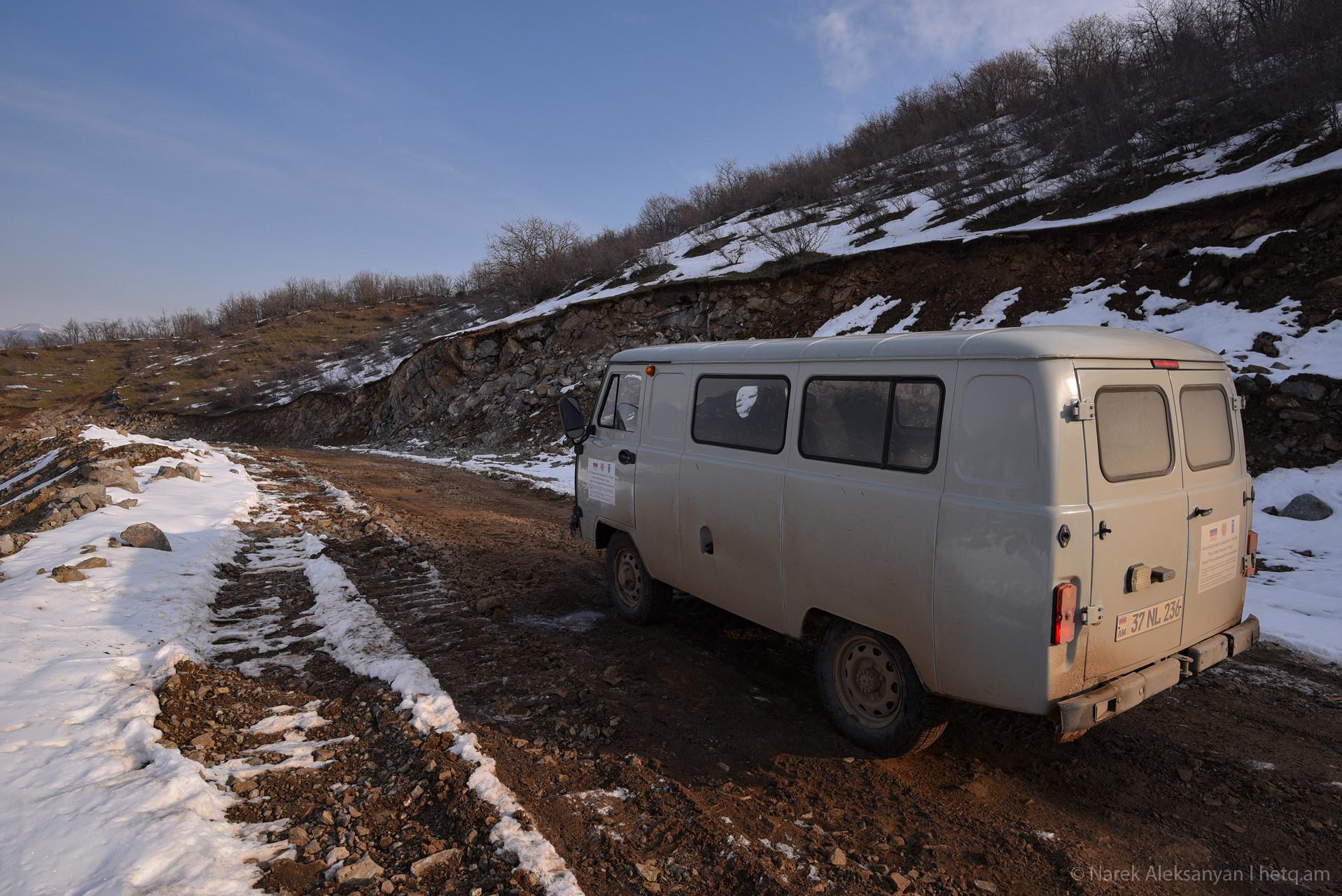
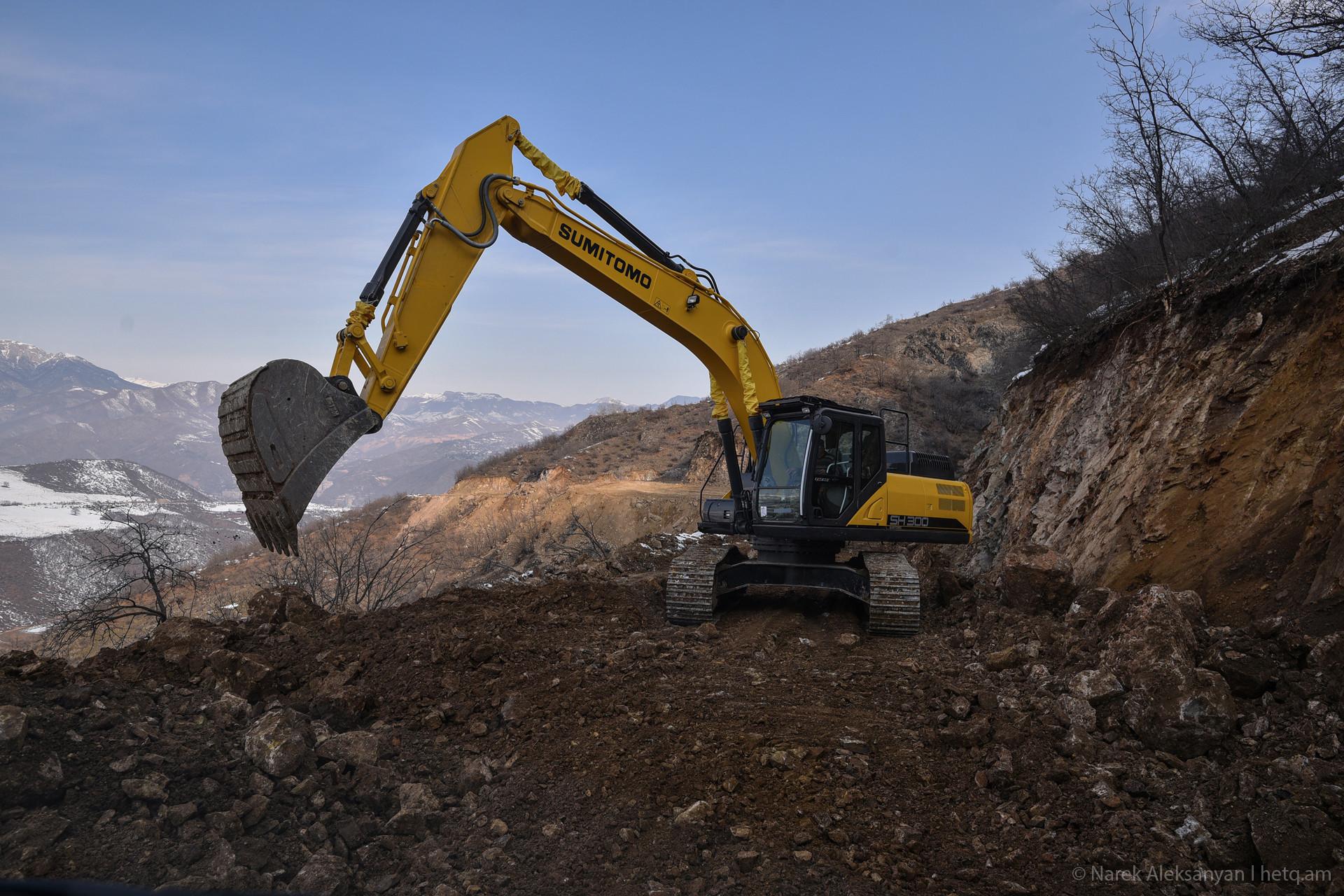
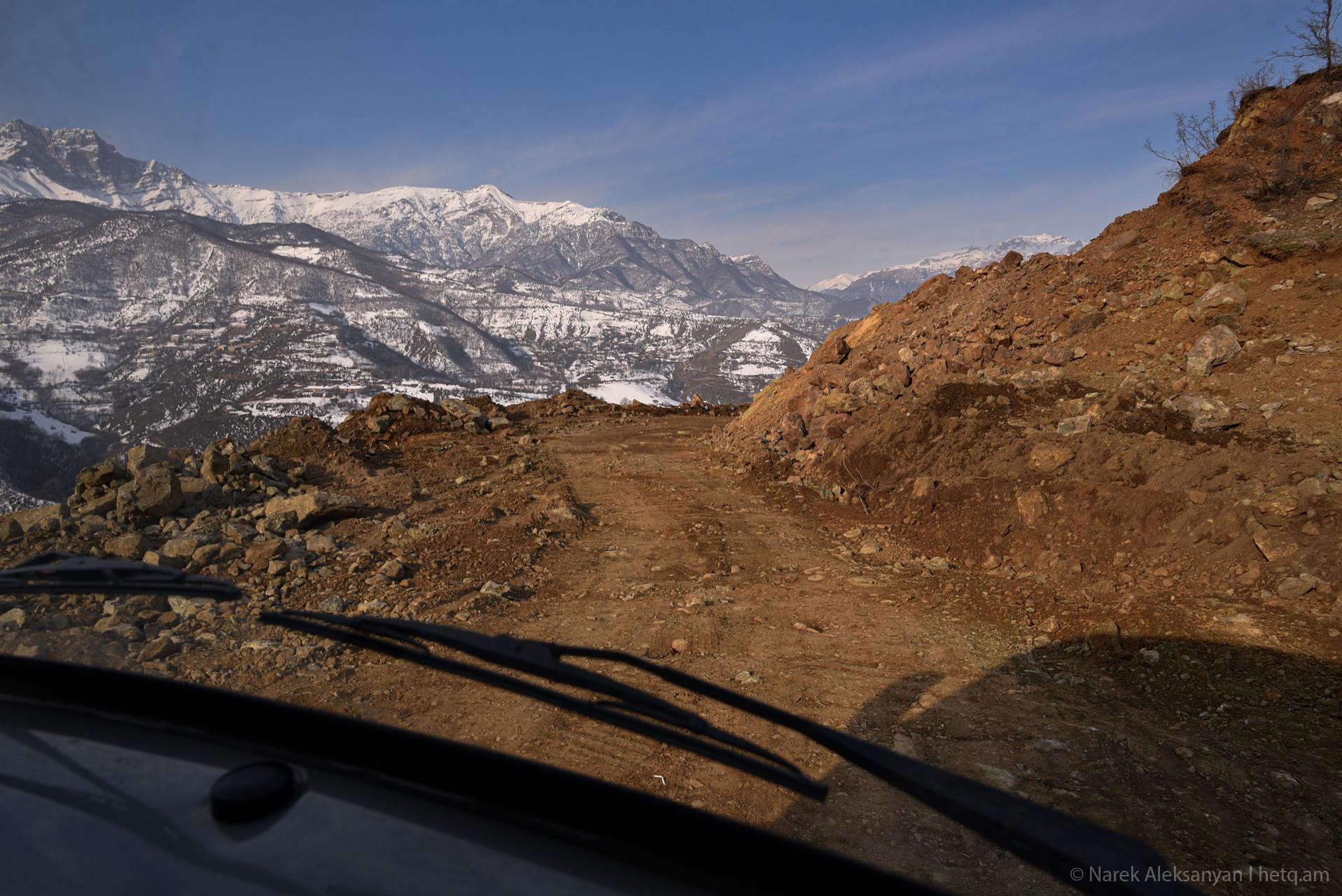
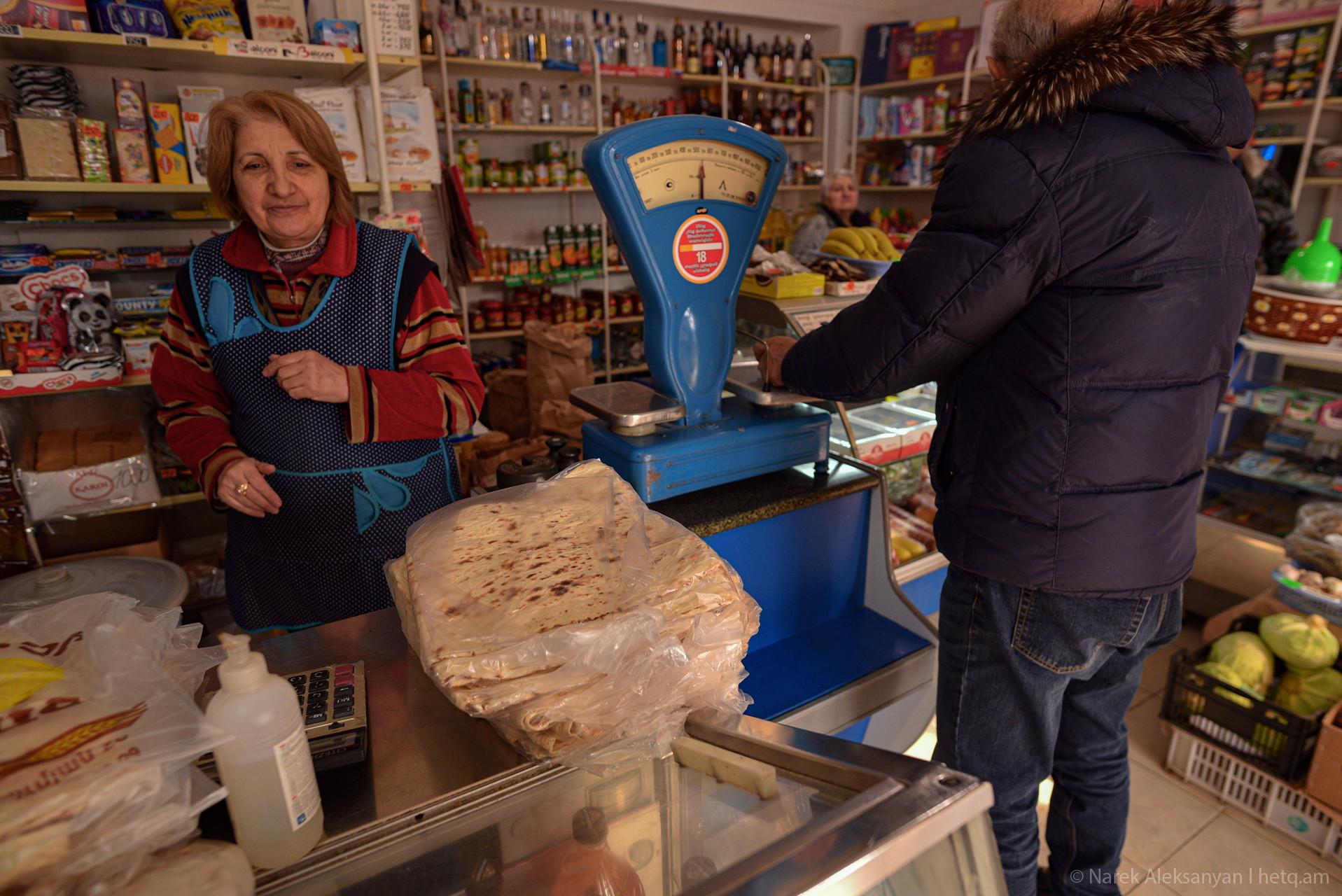
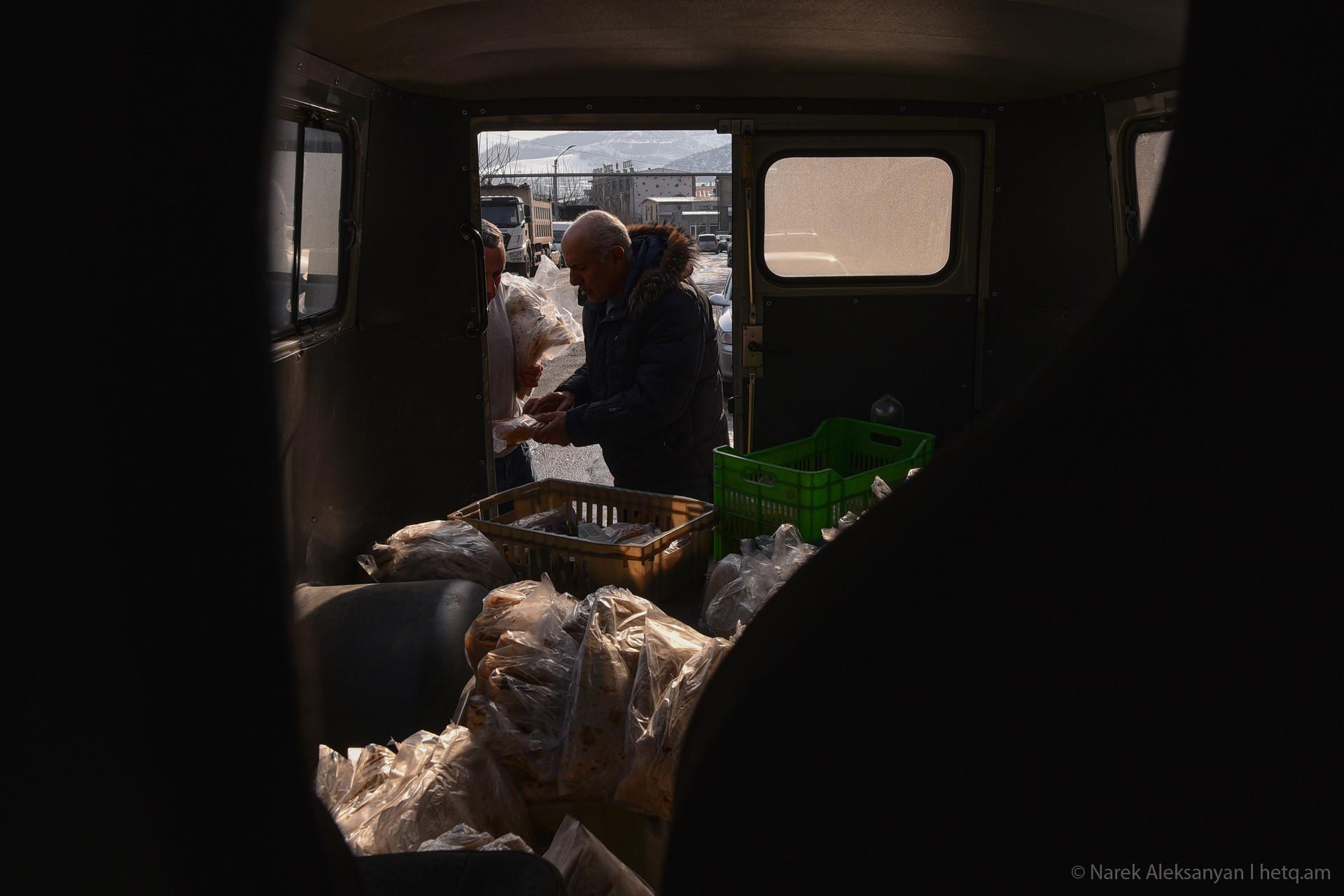
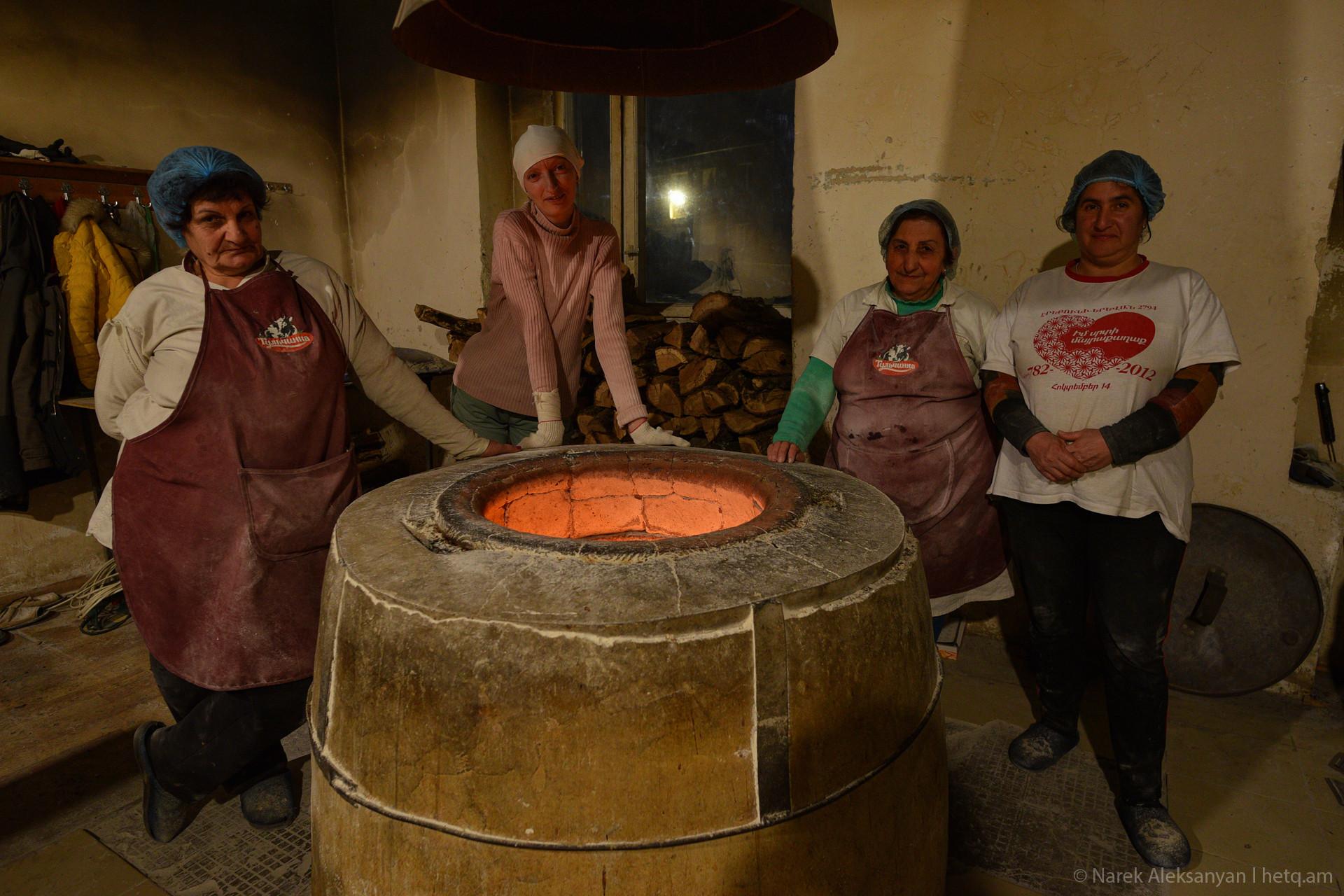
Comments (2)
Write a comment